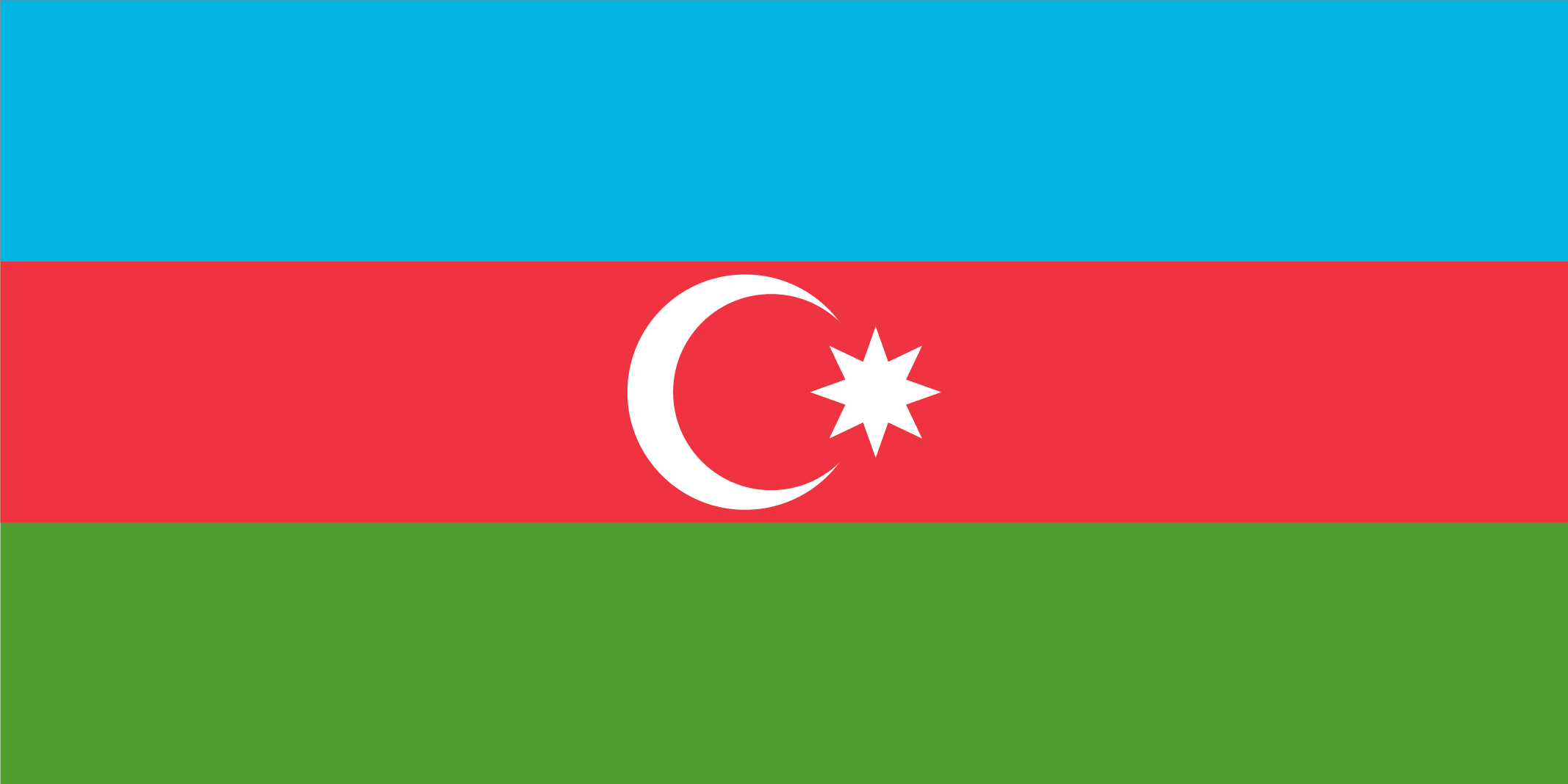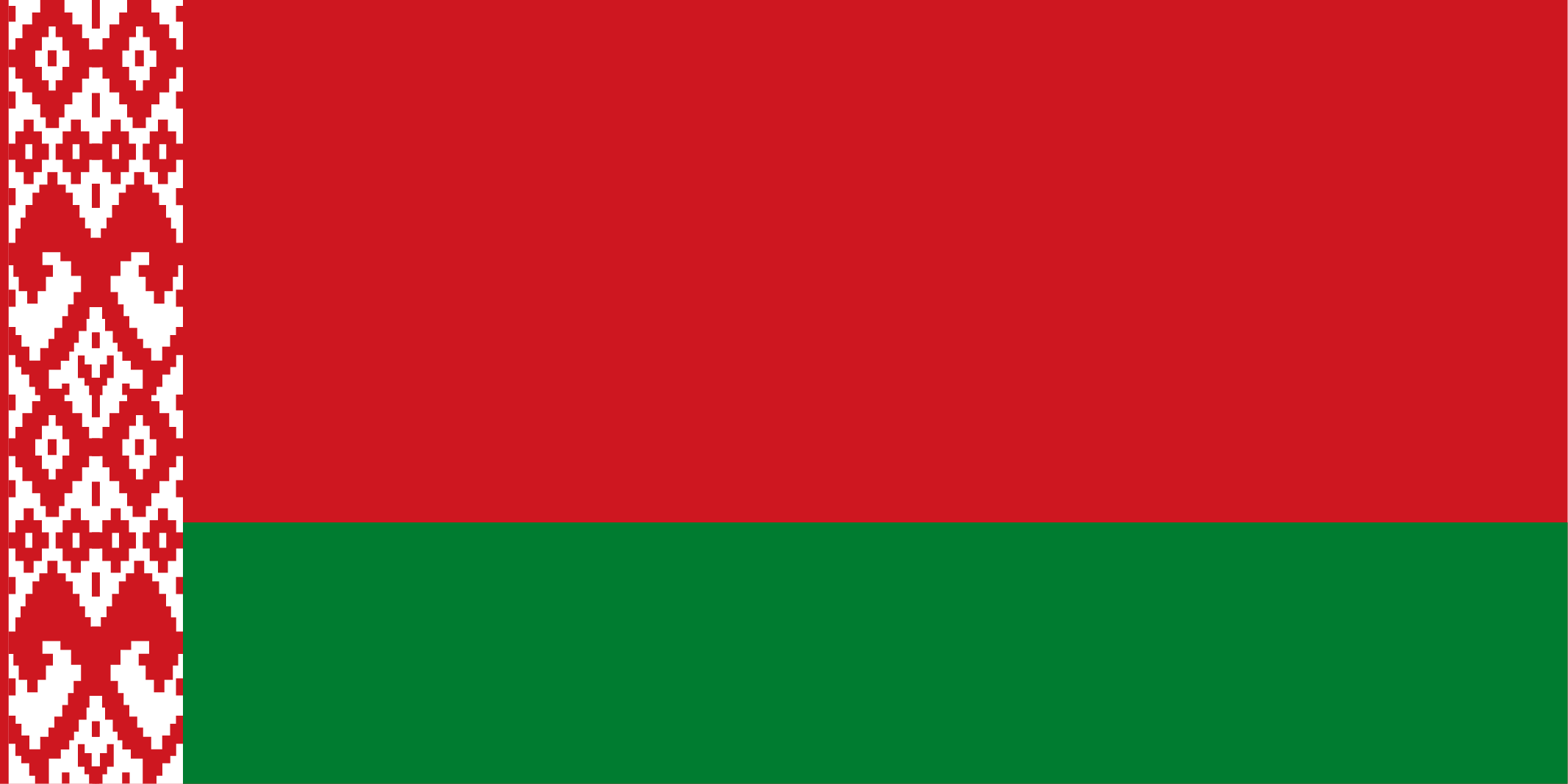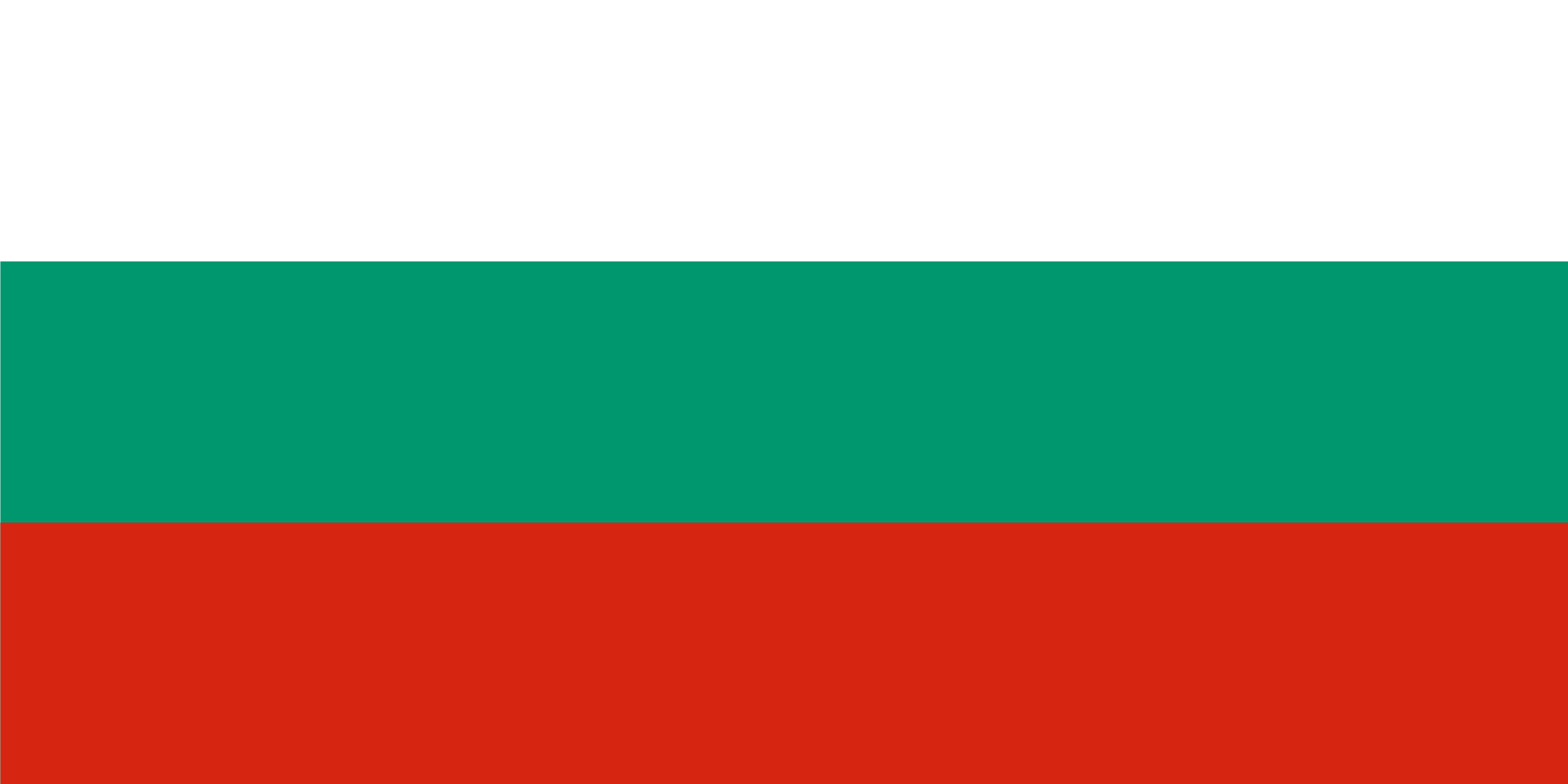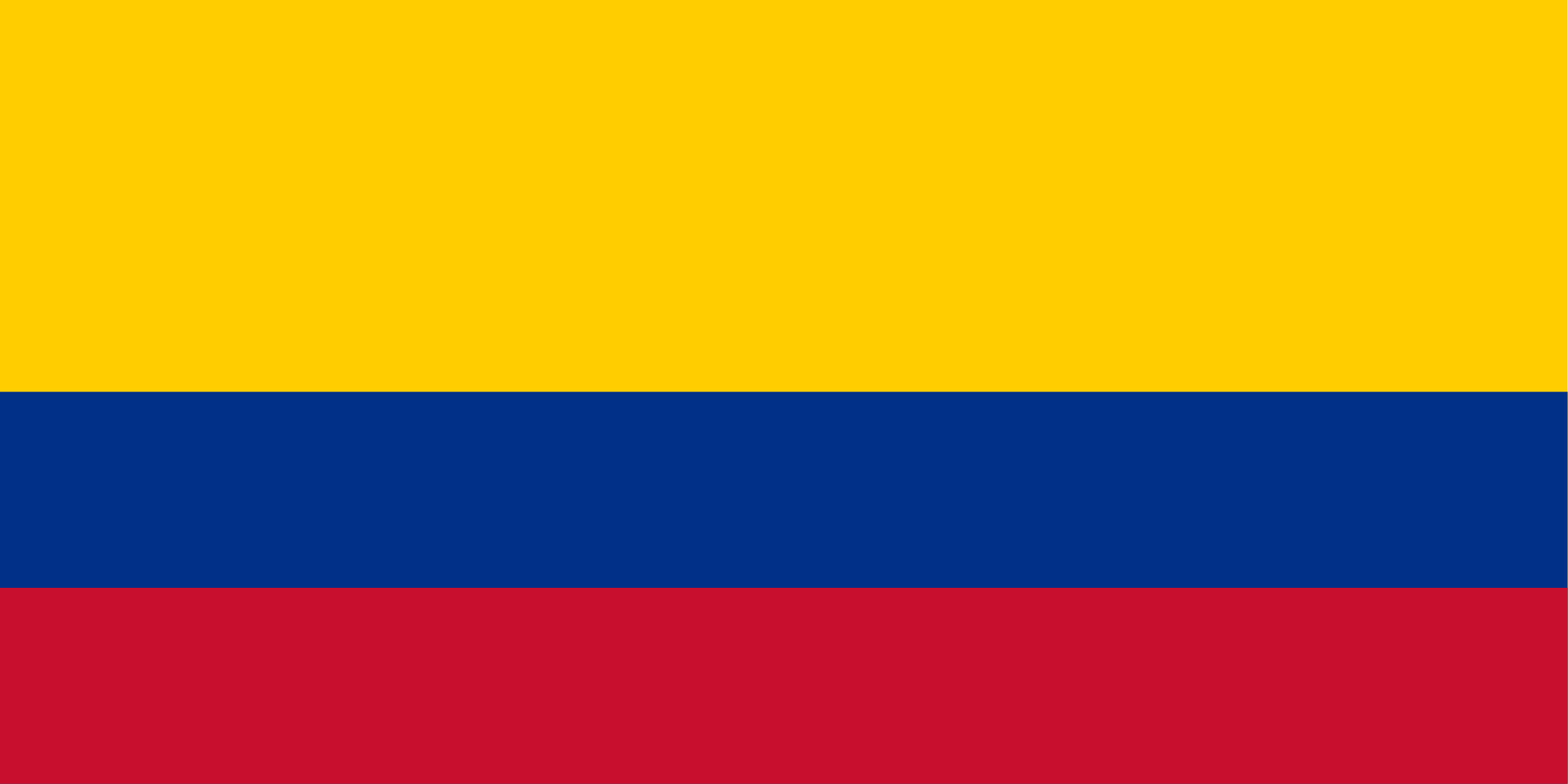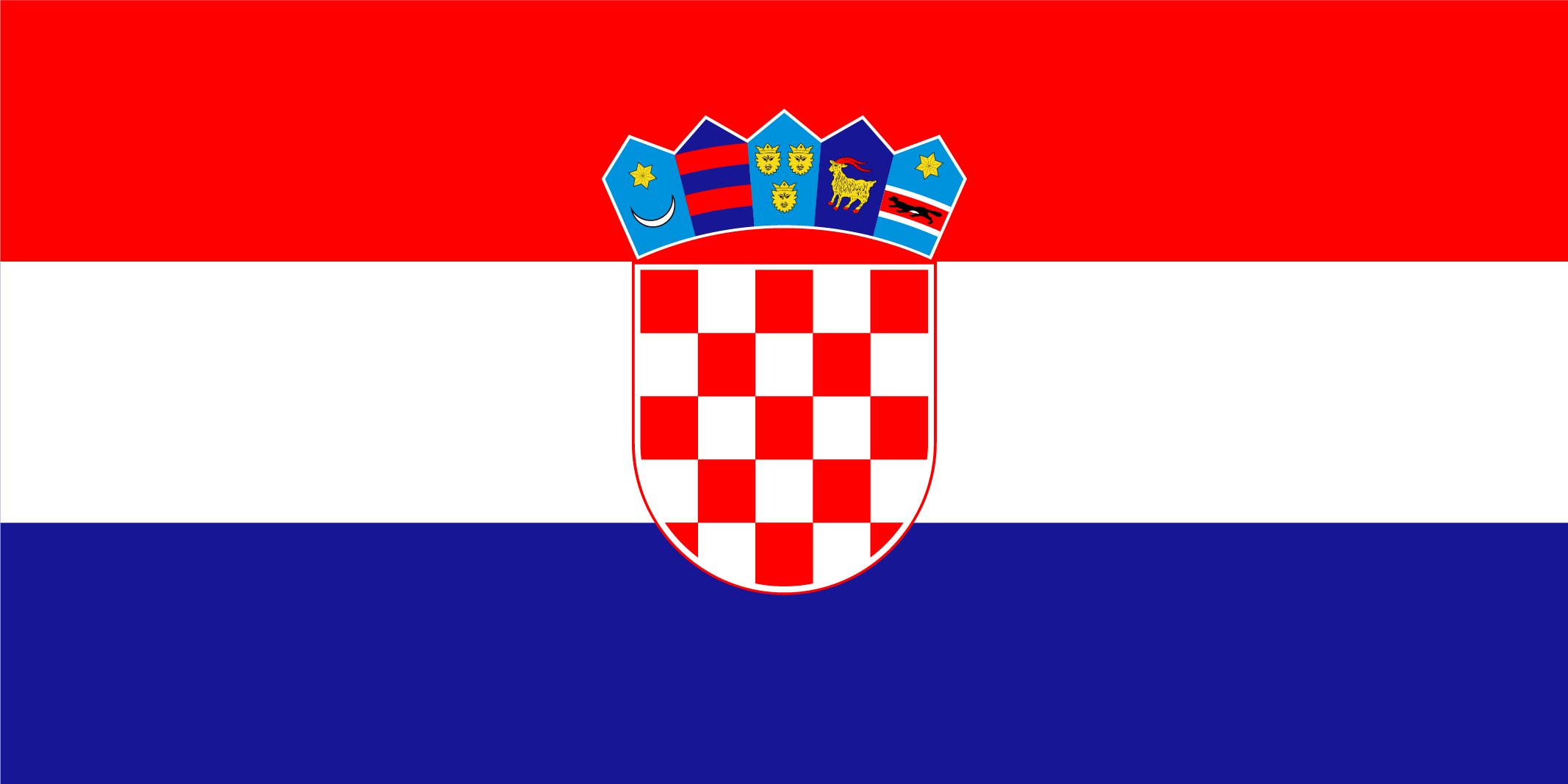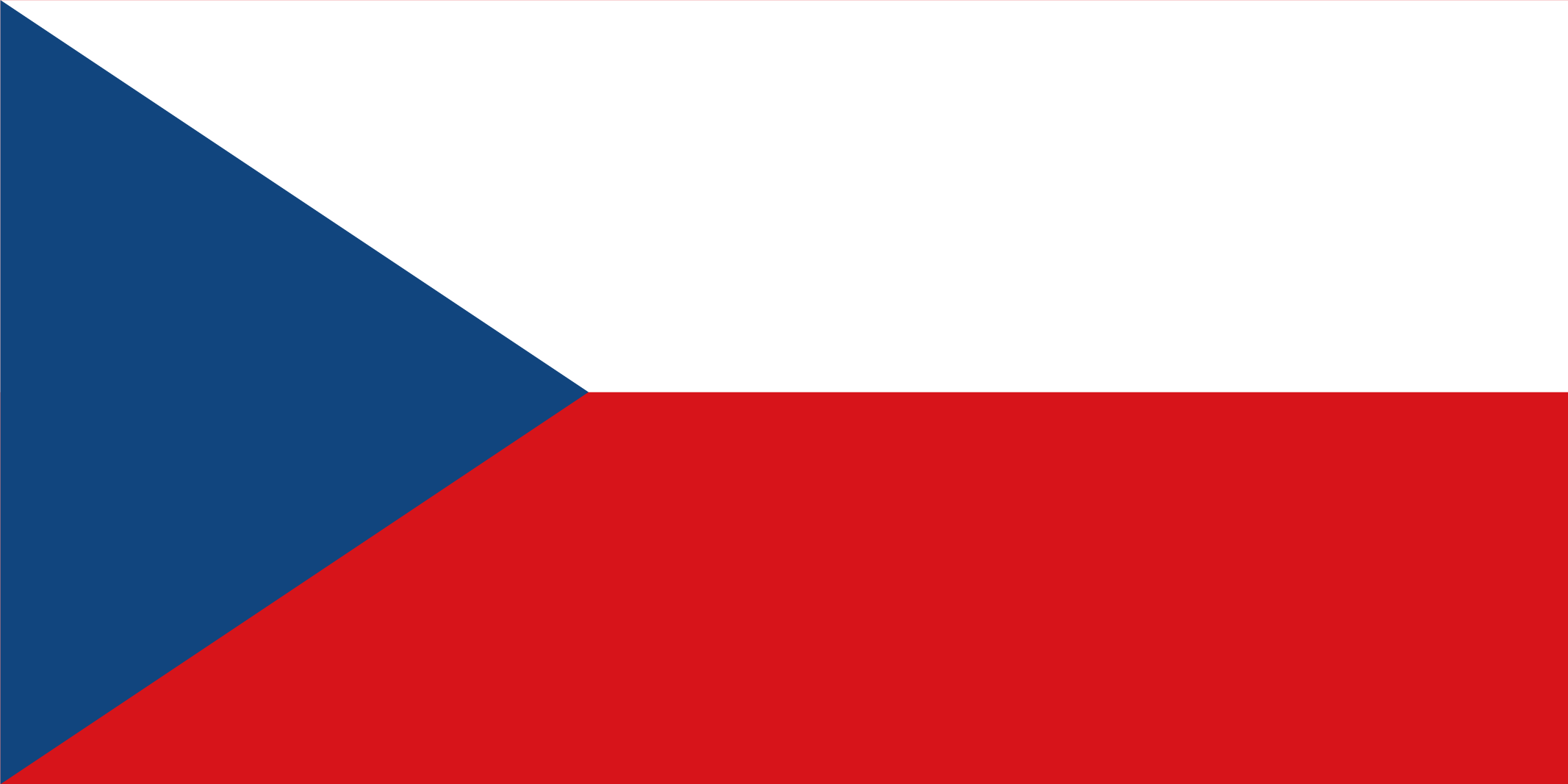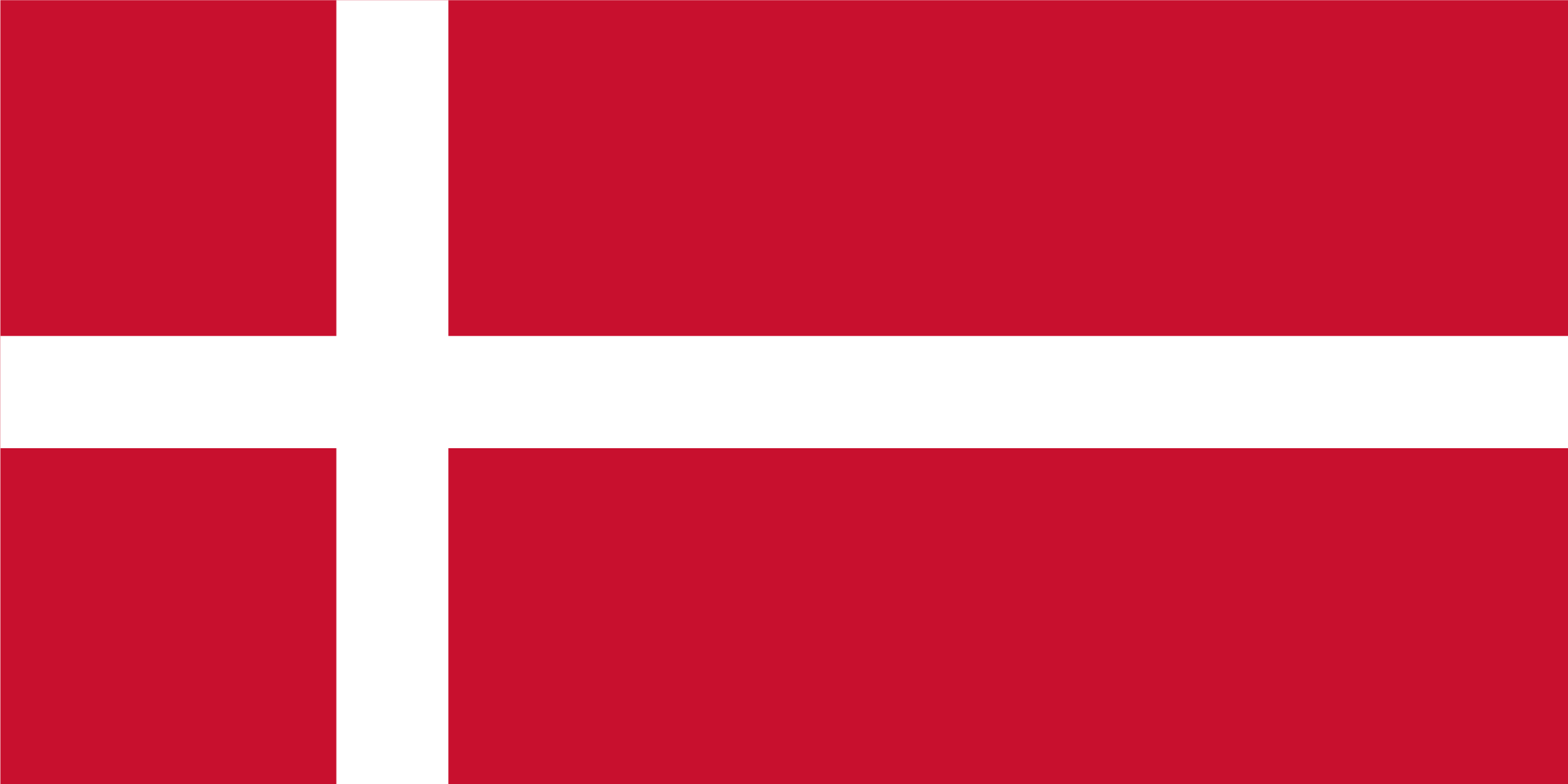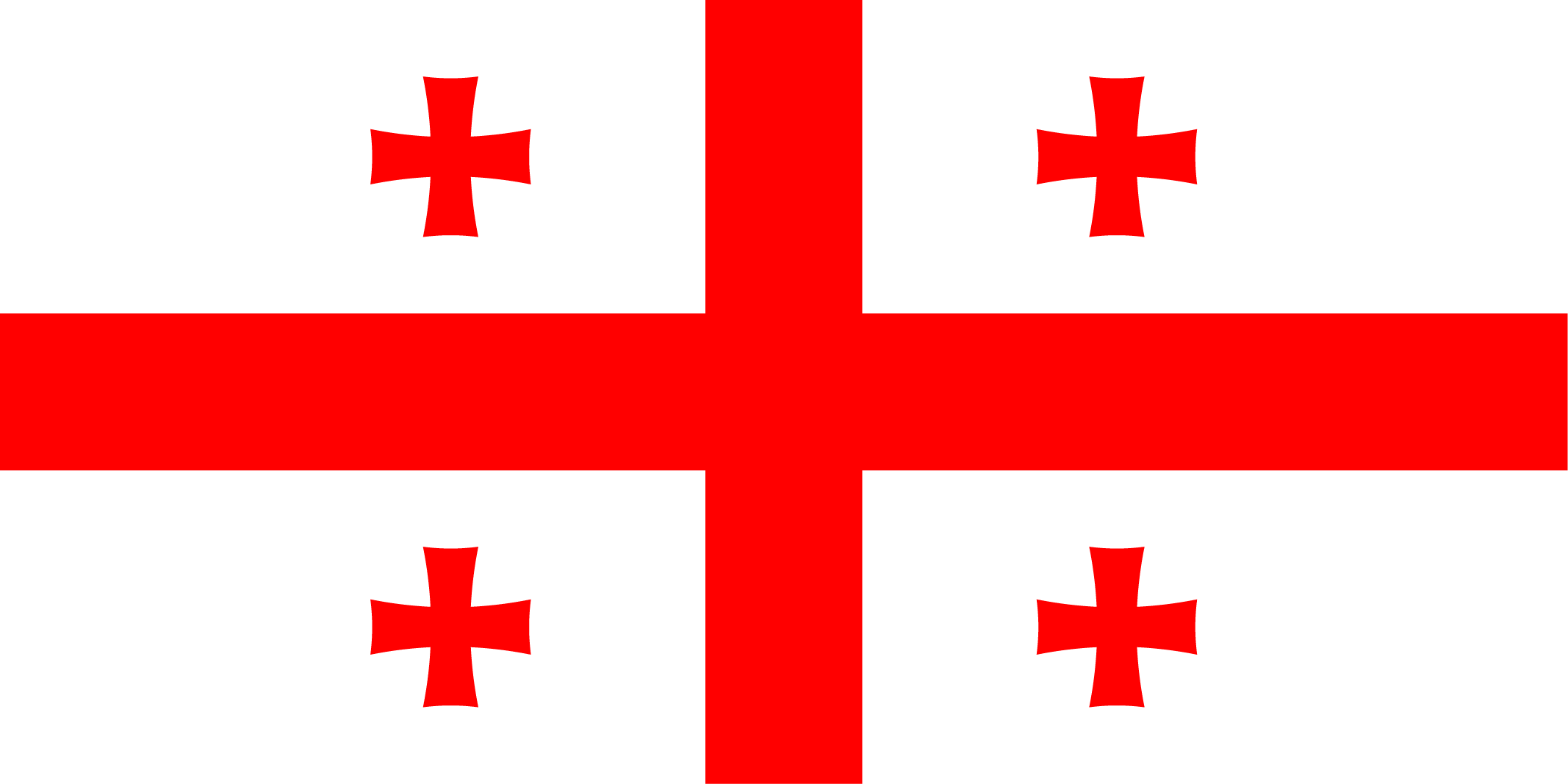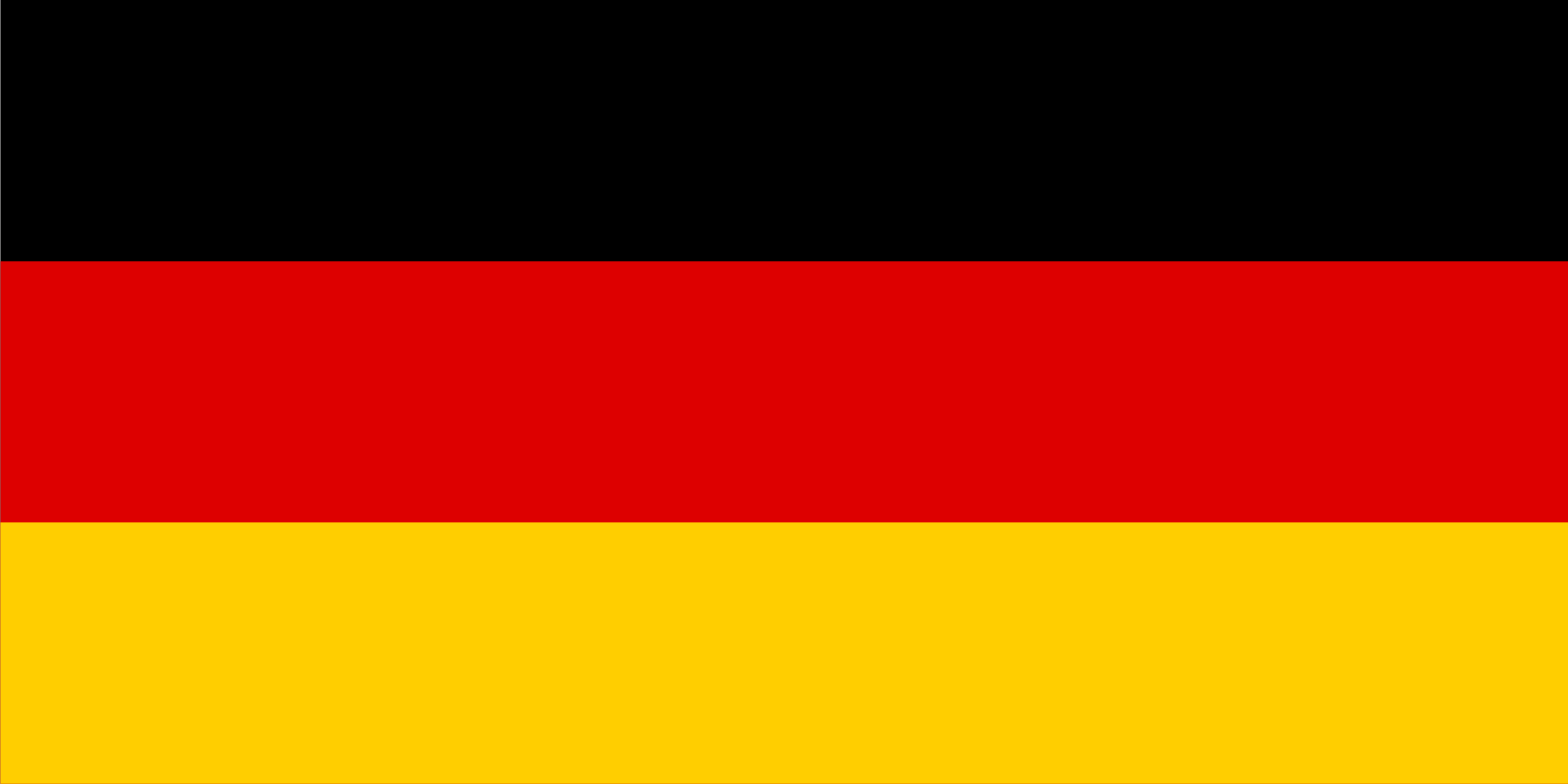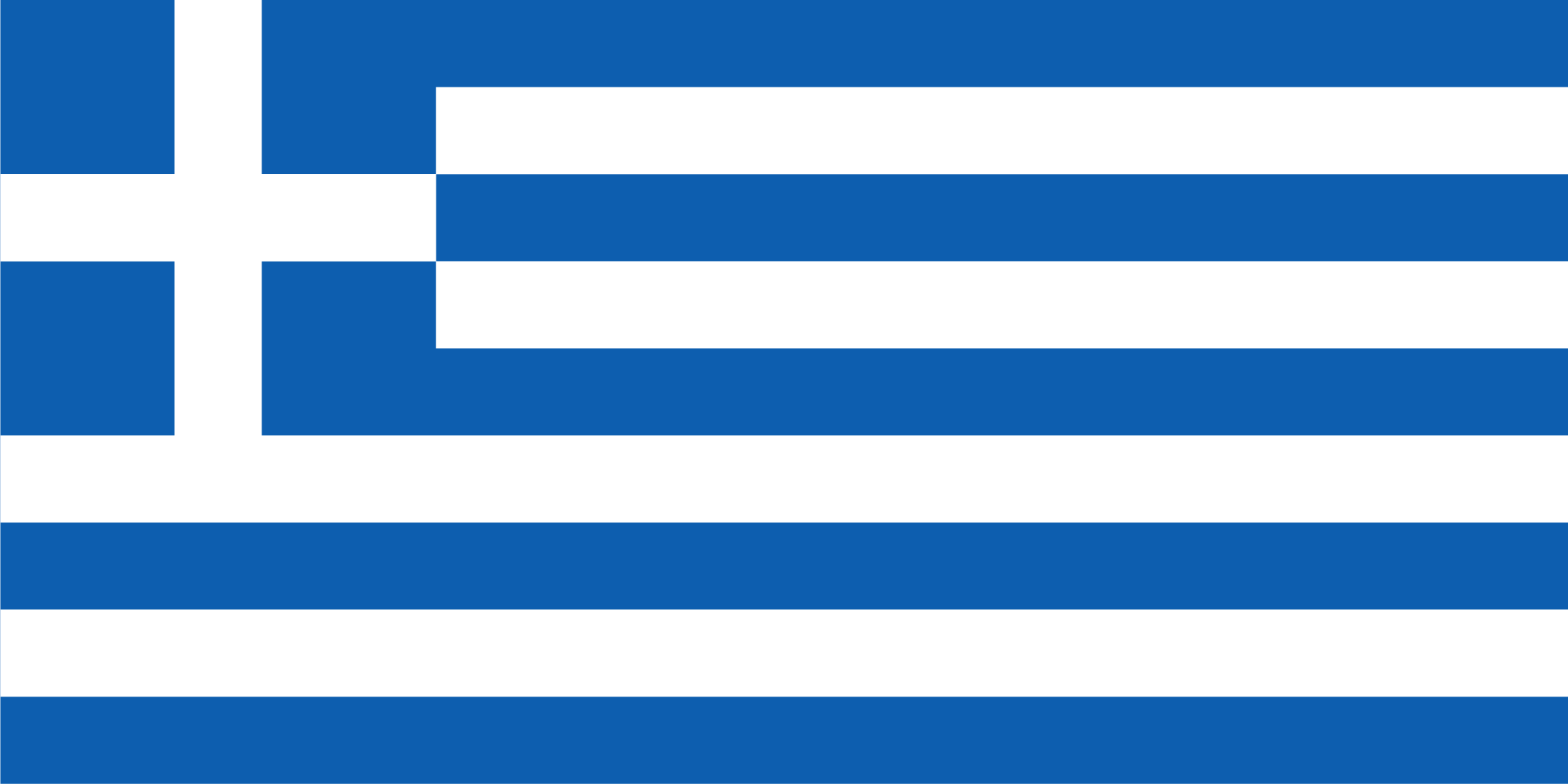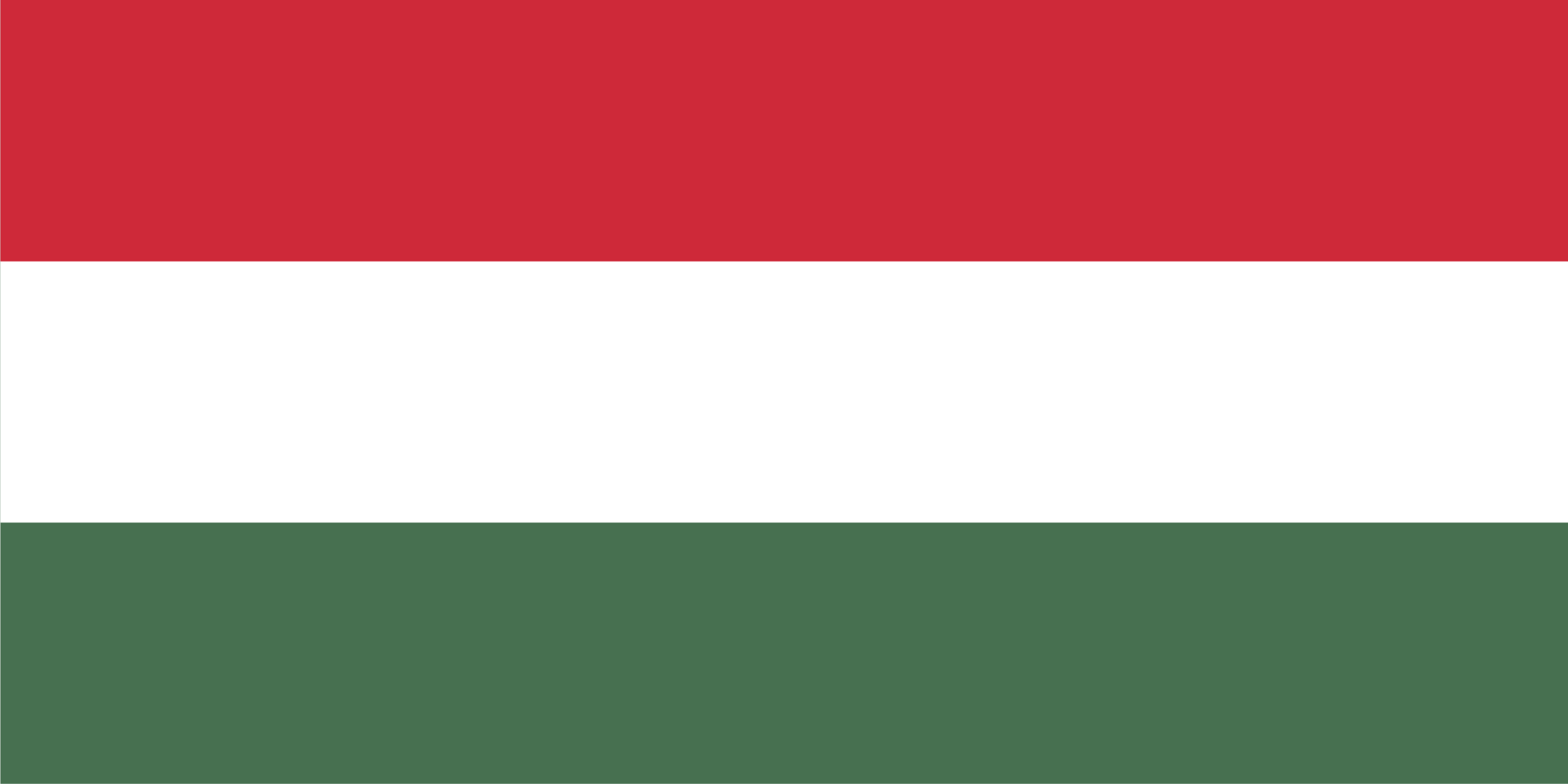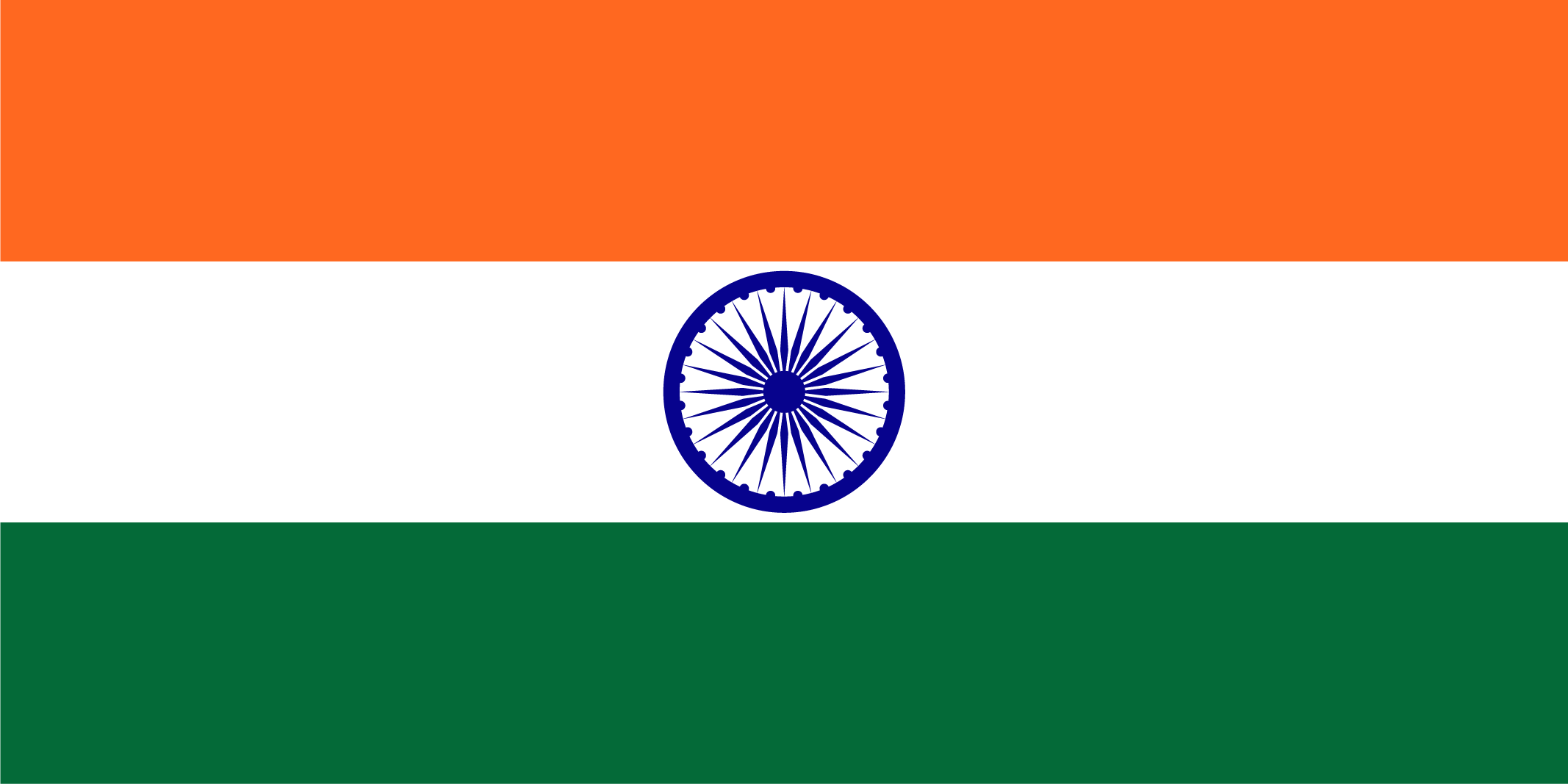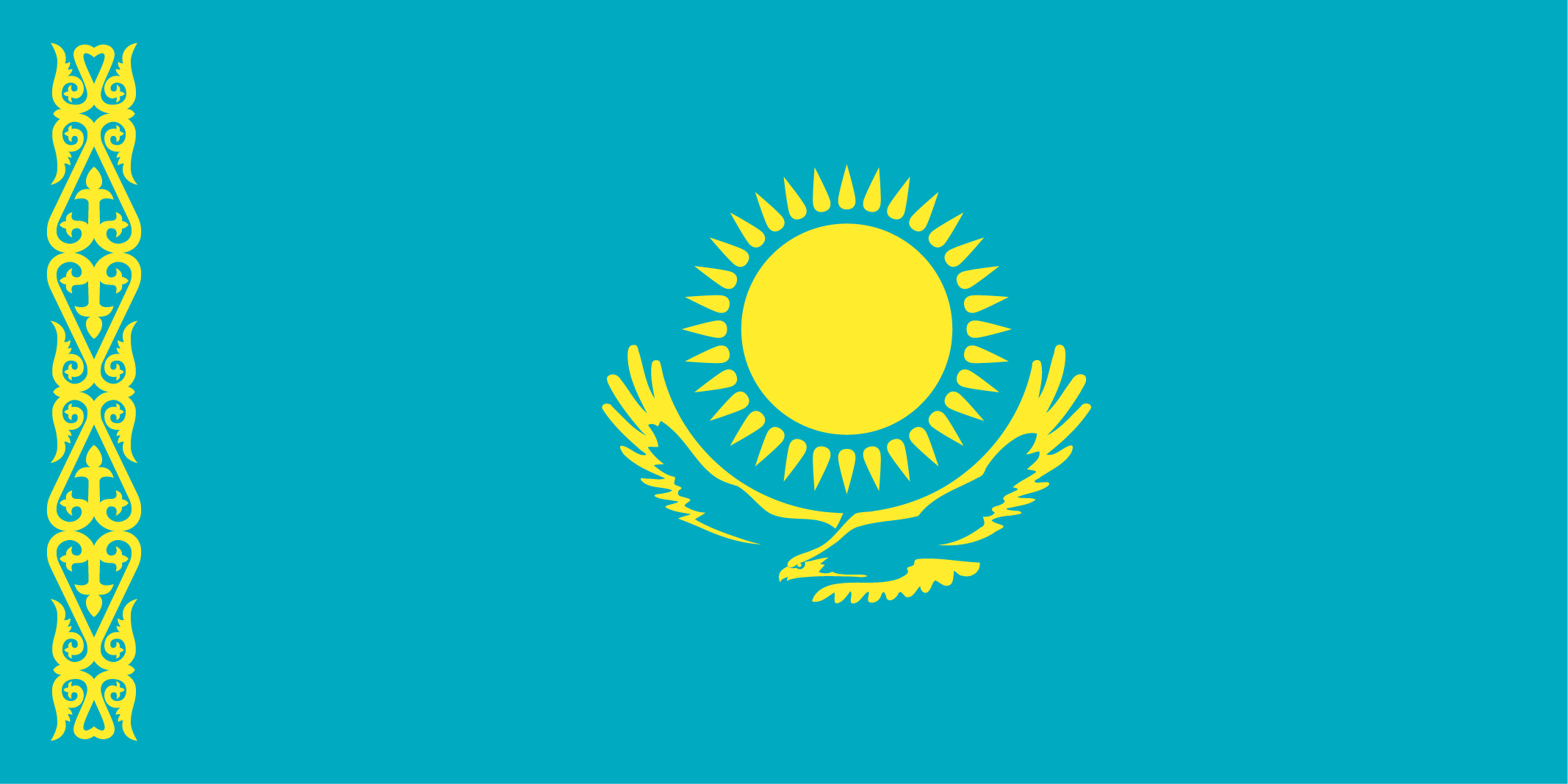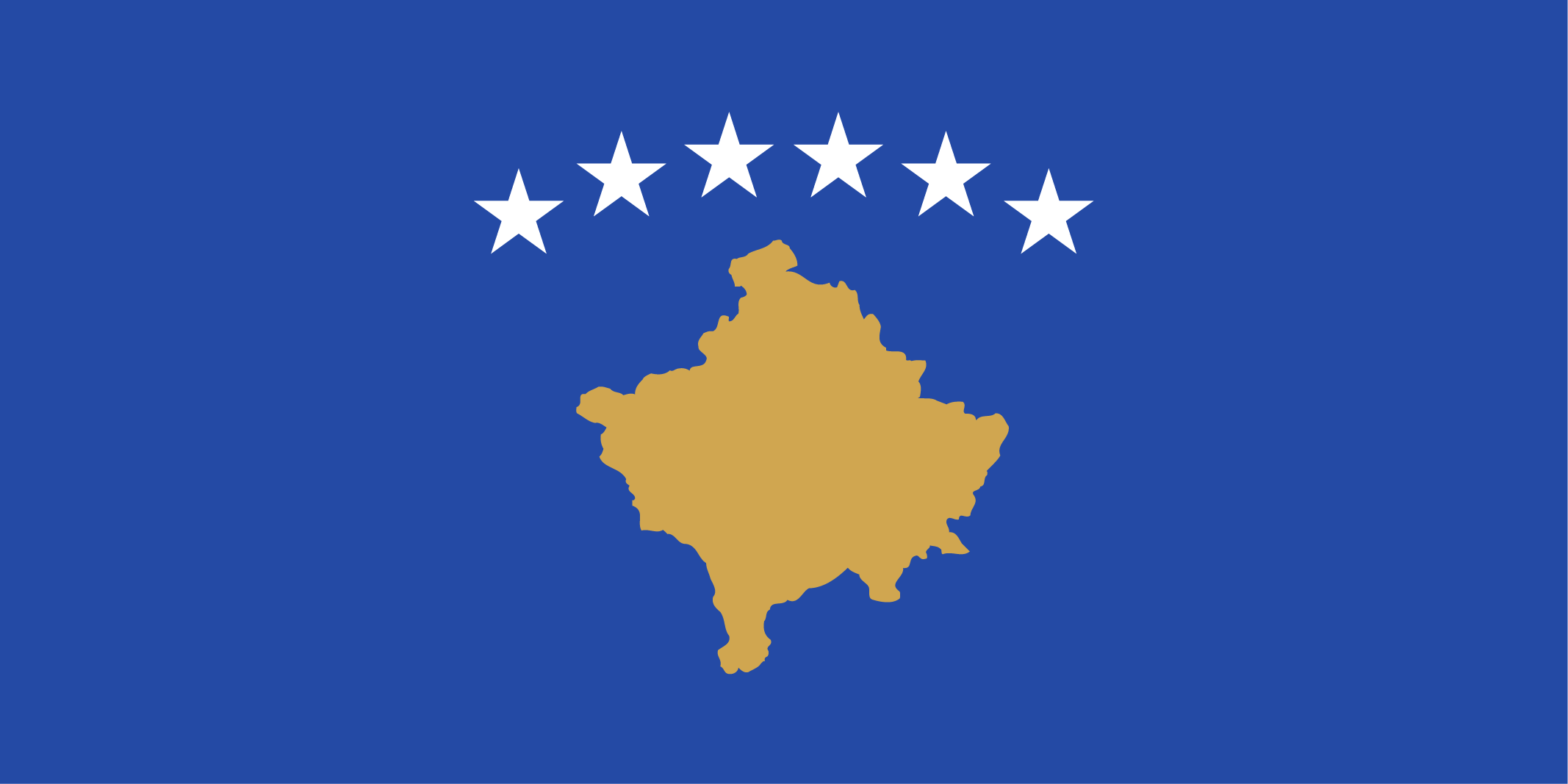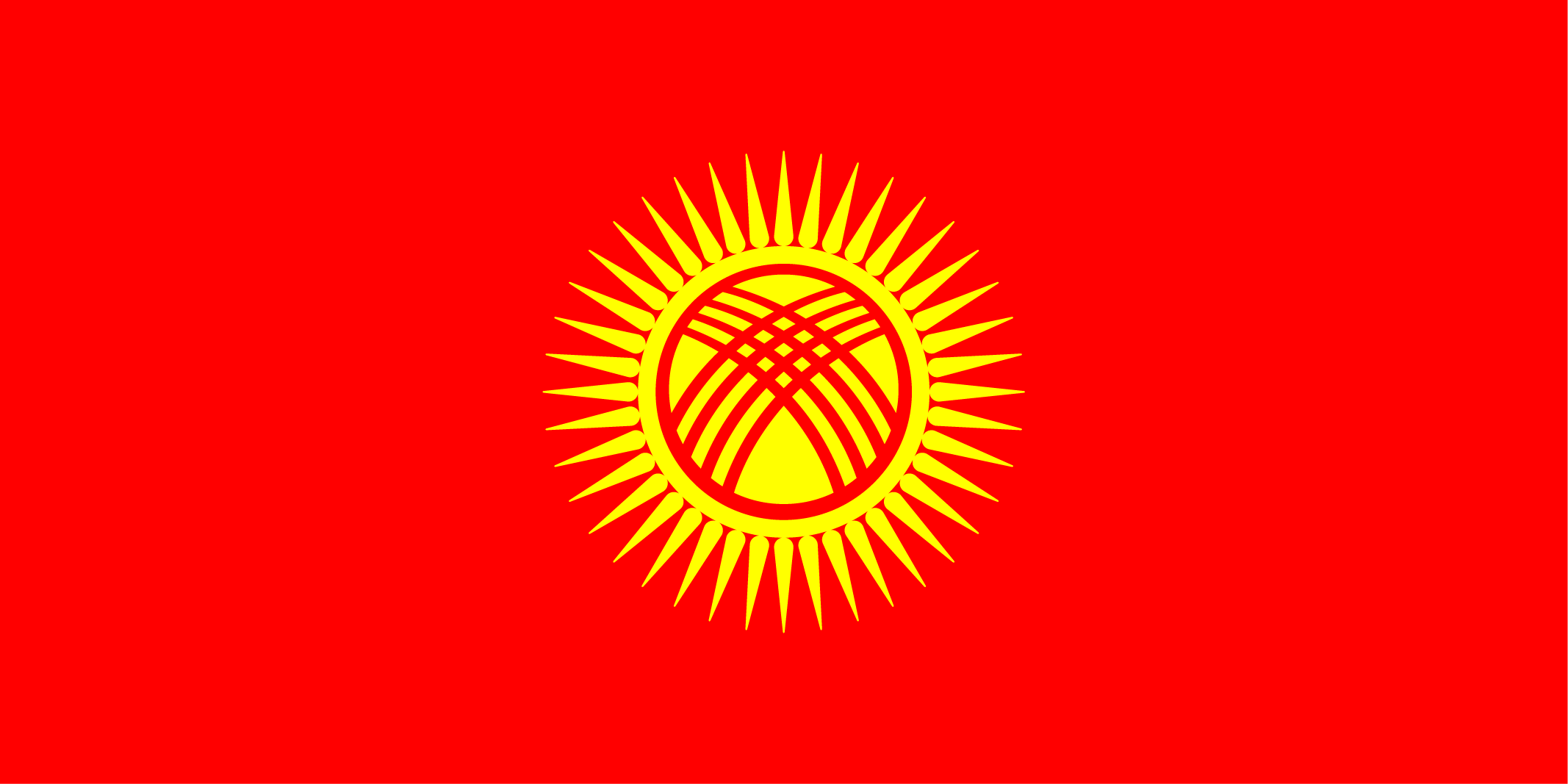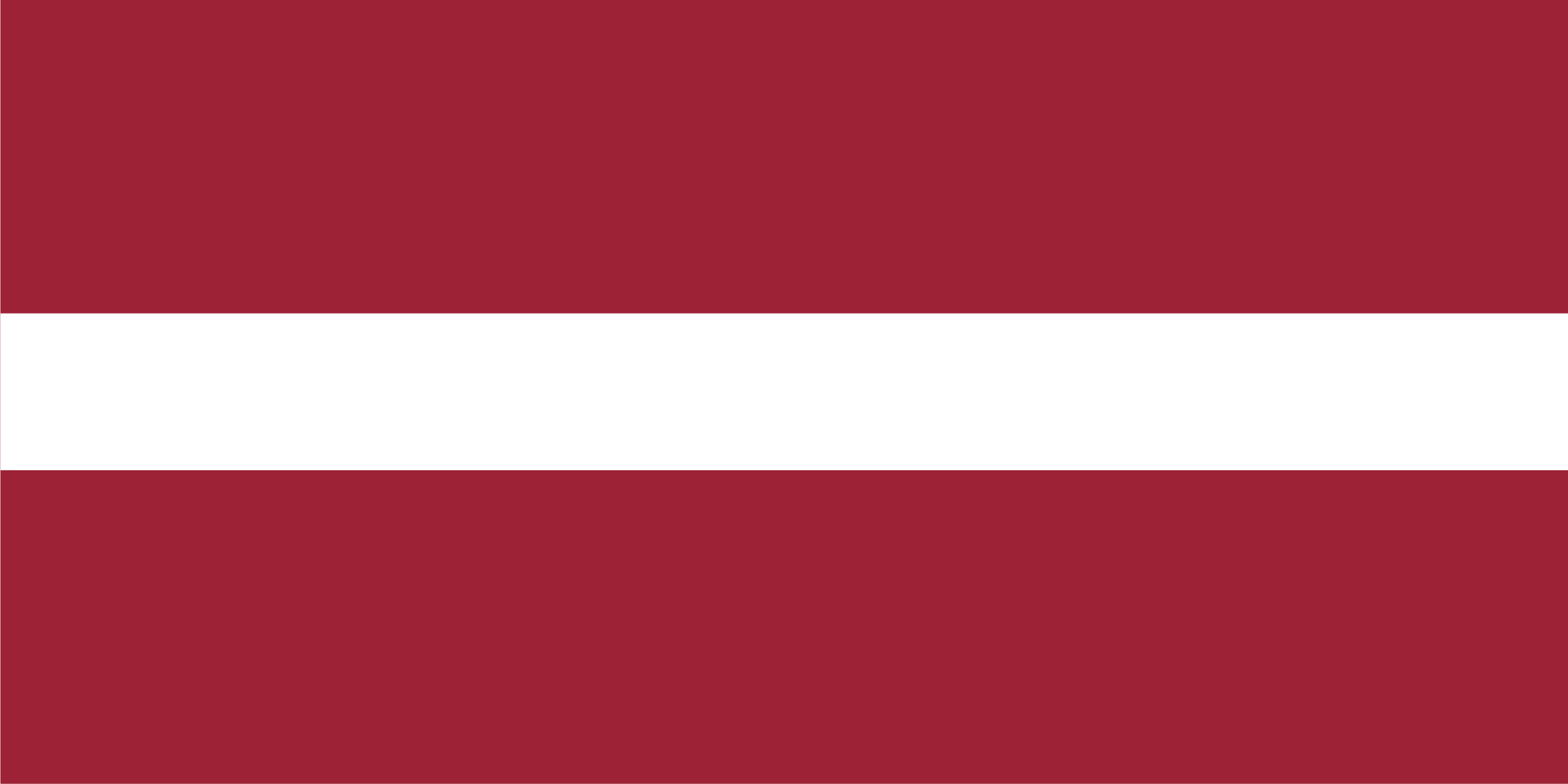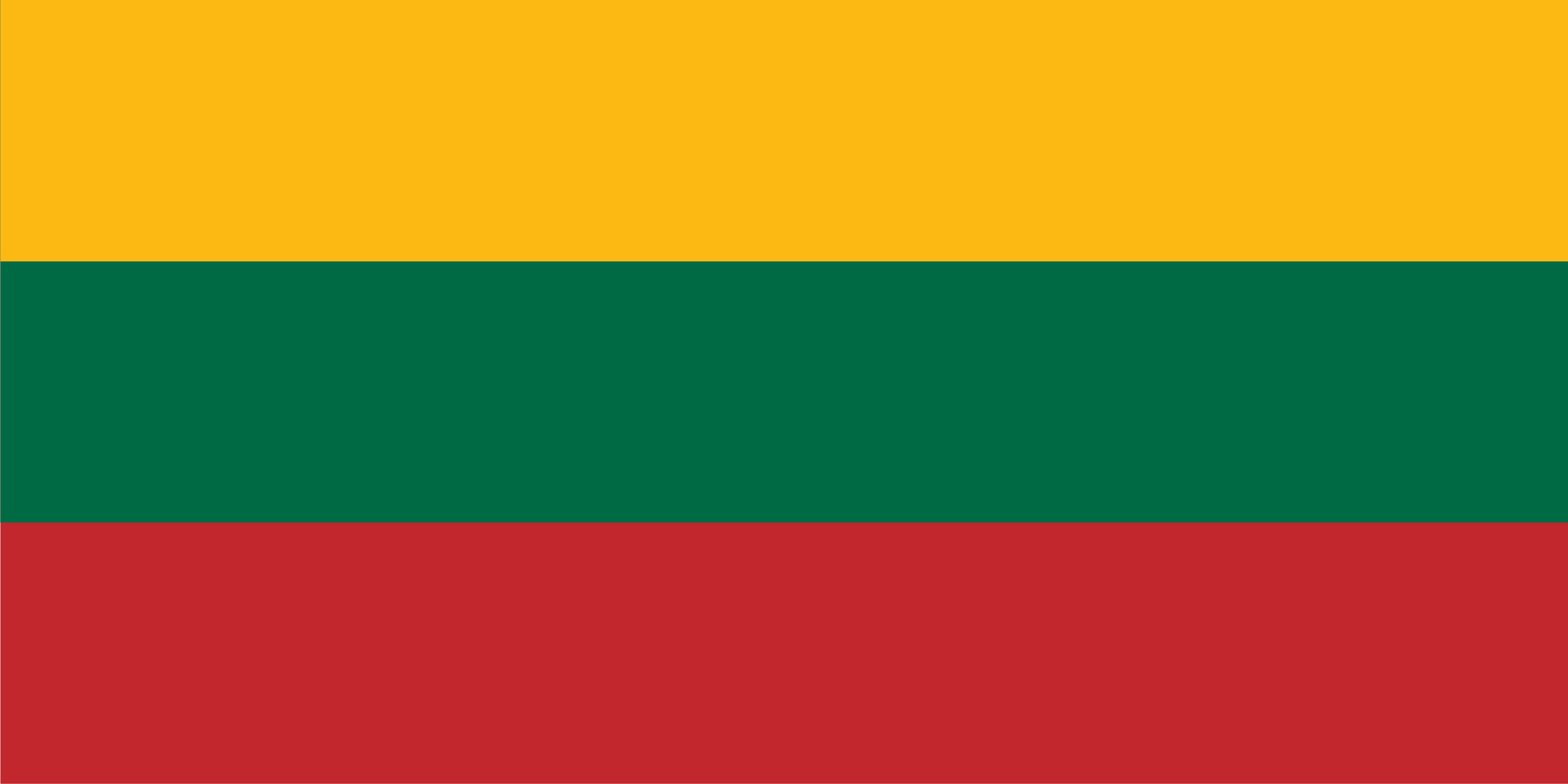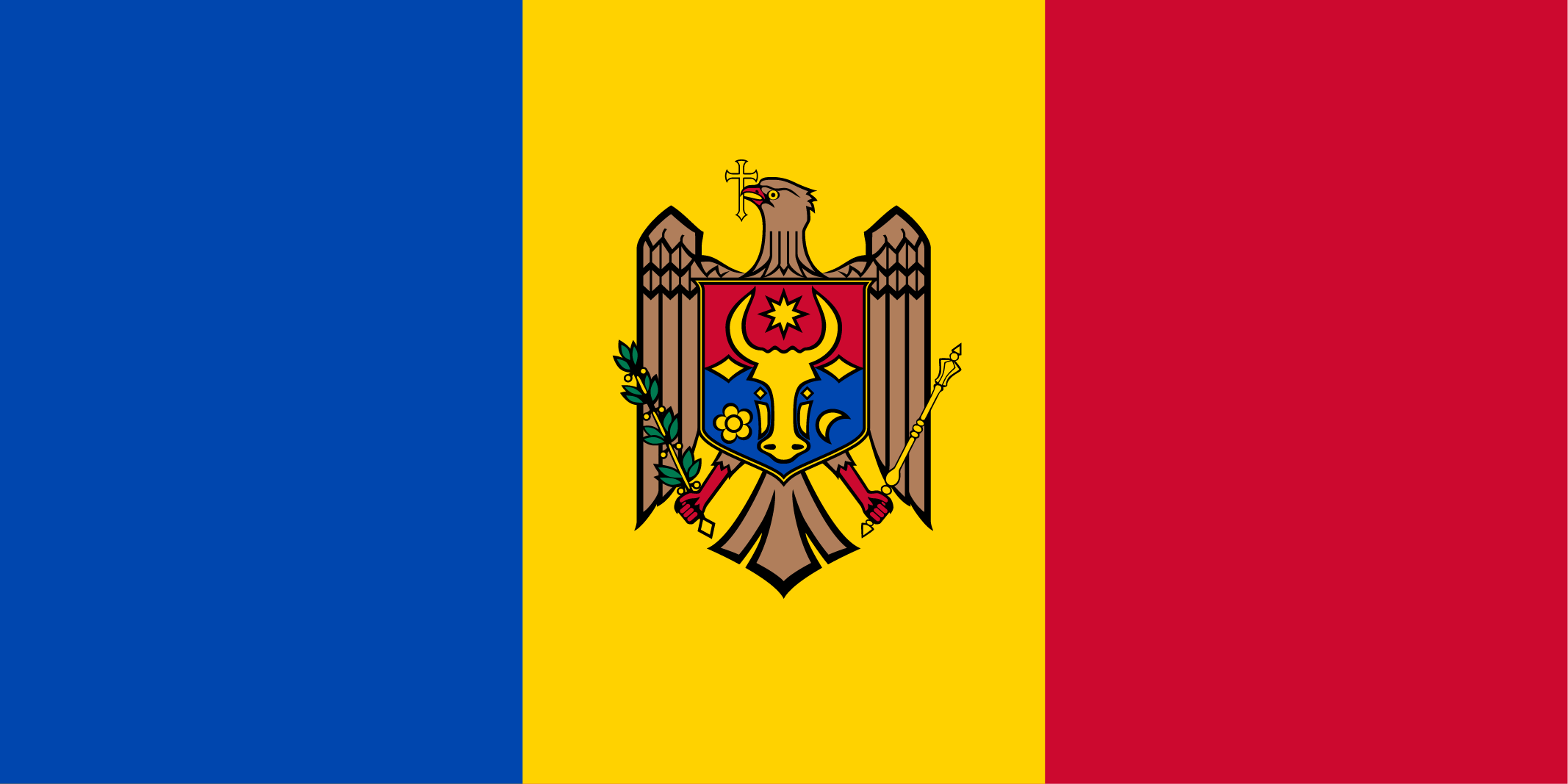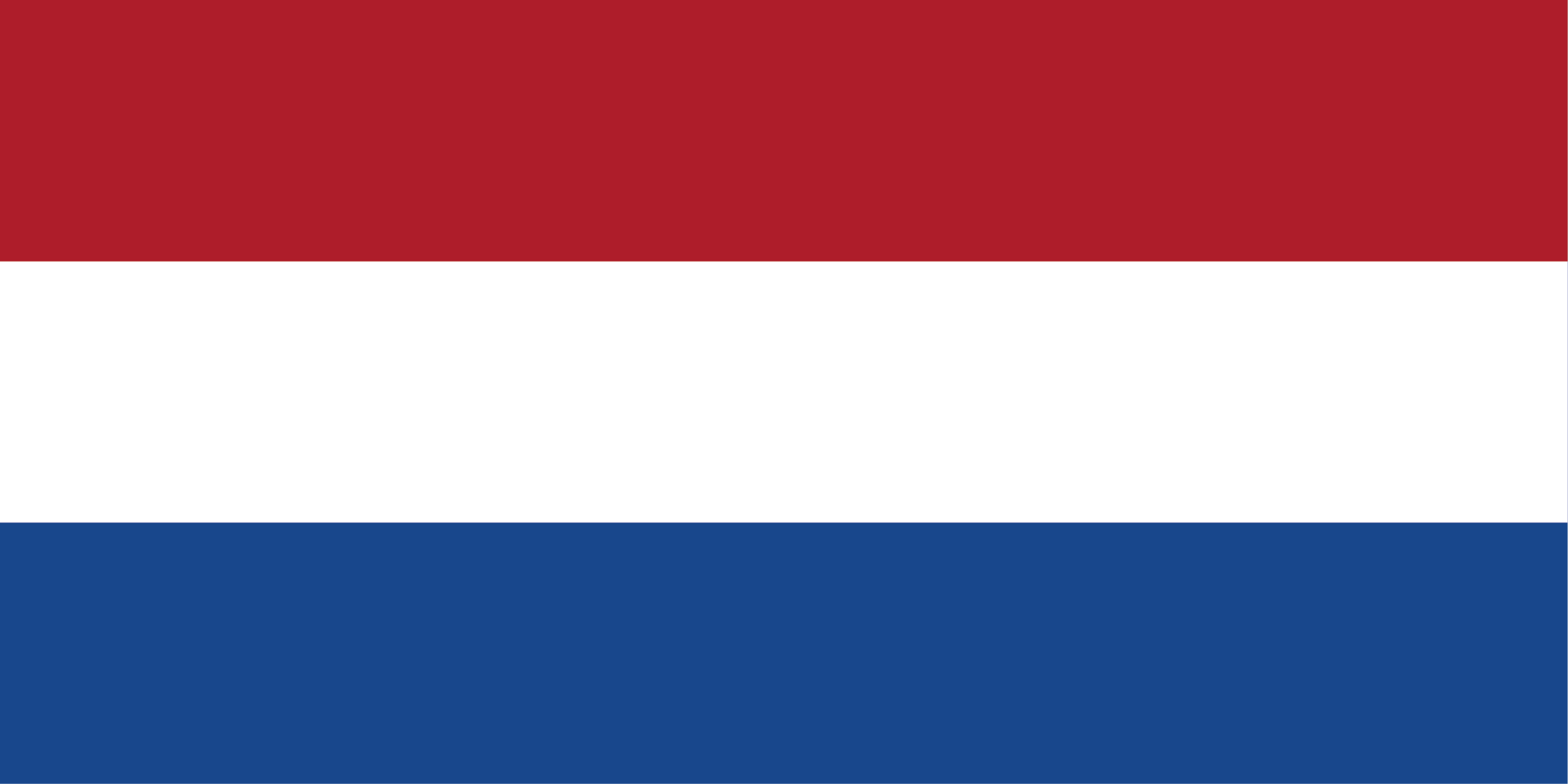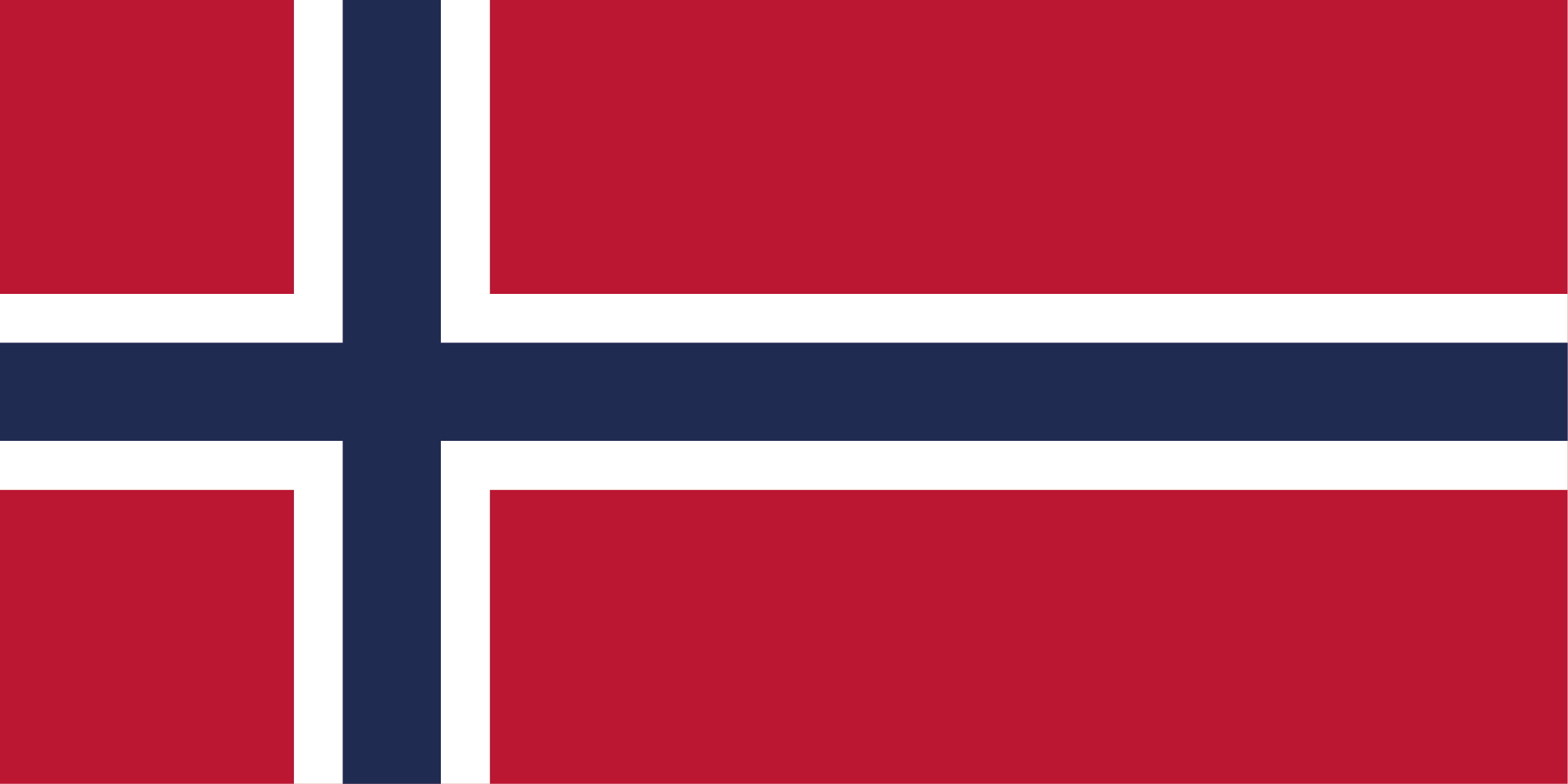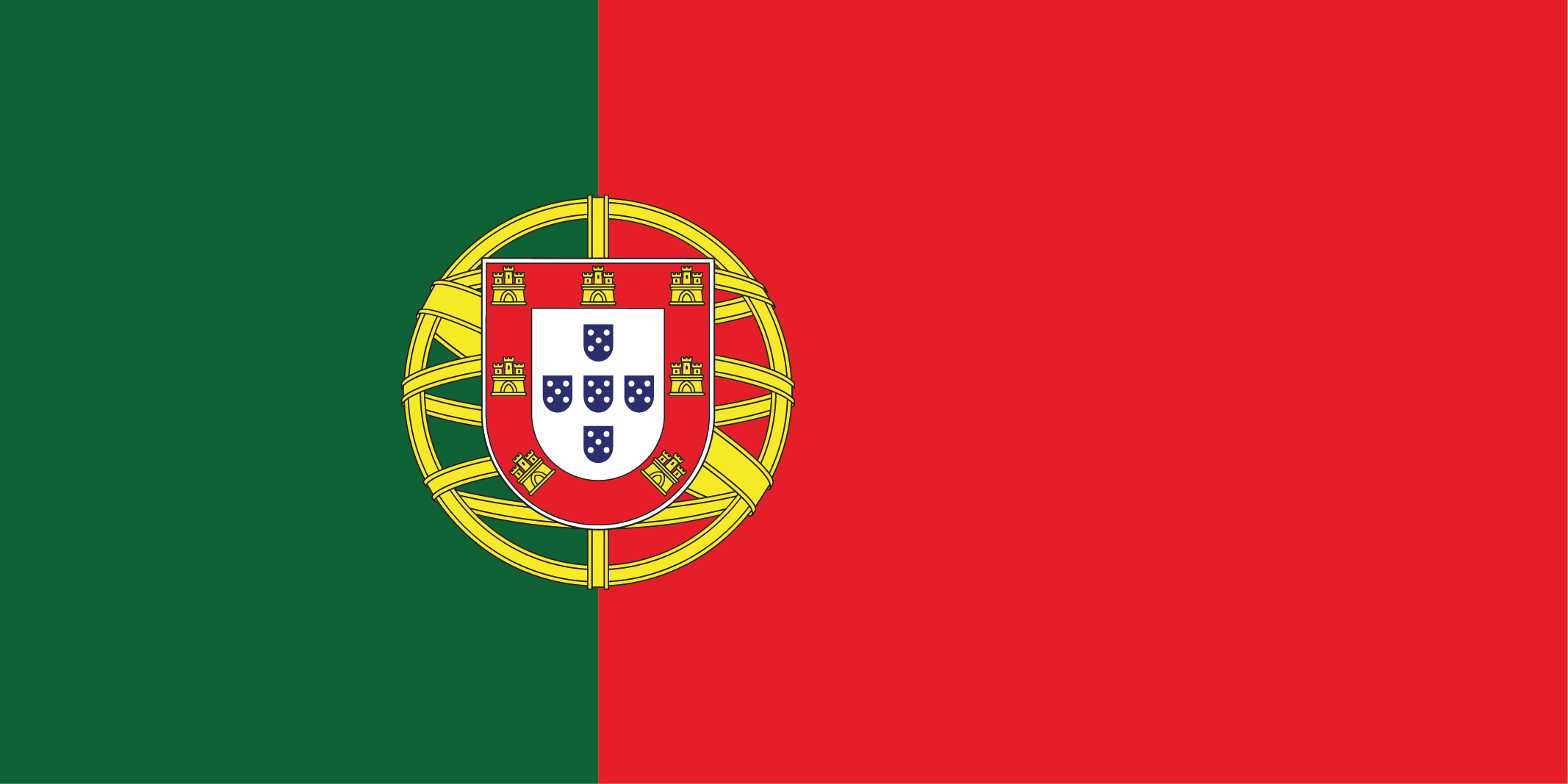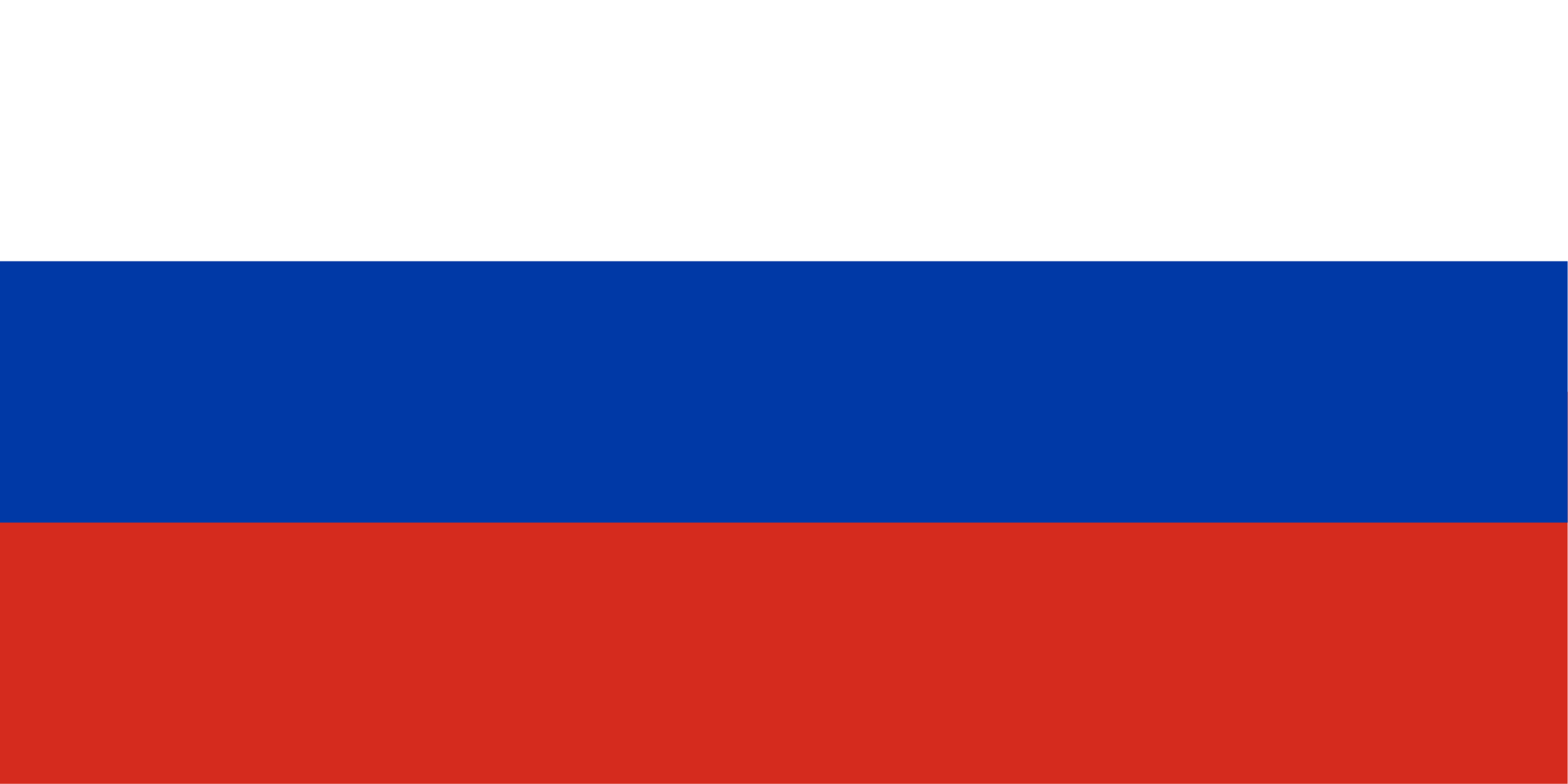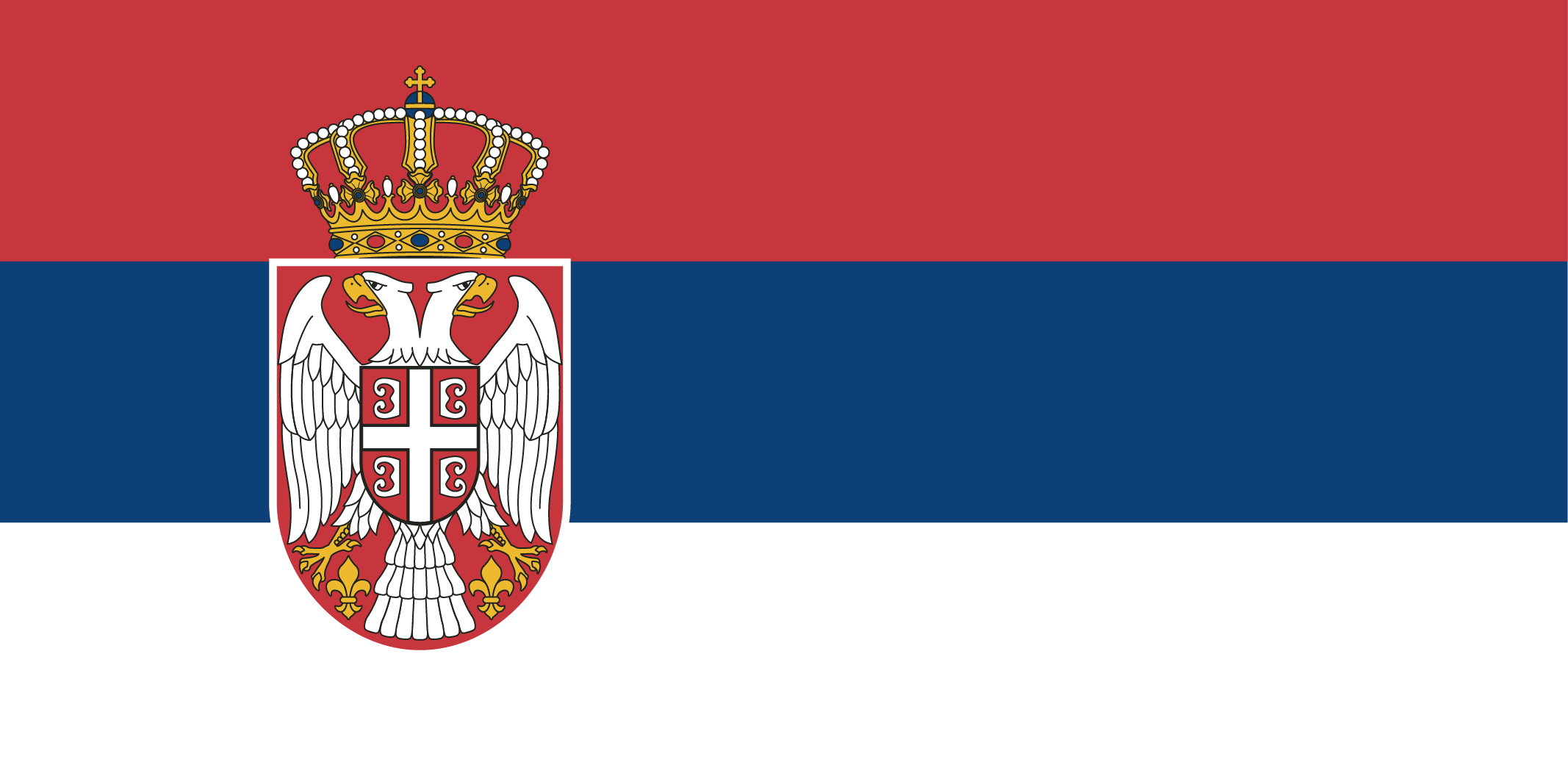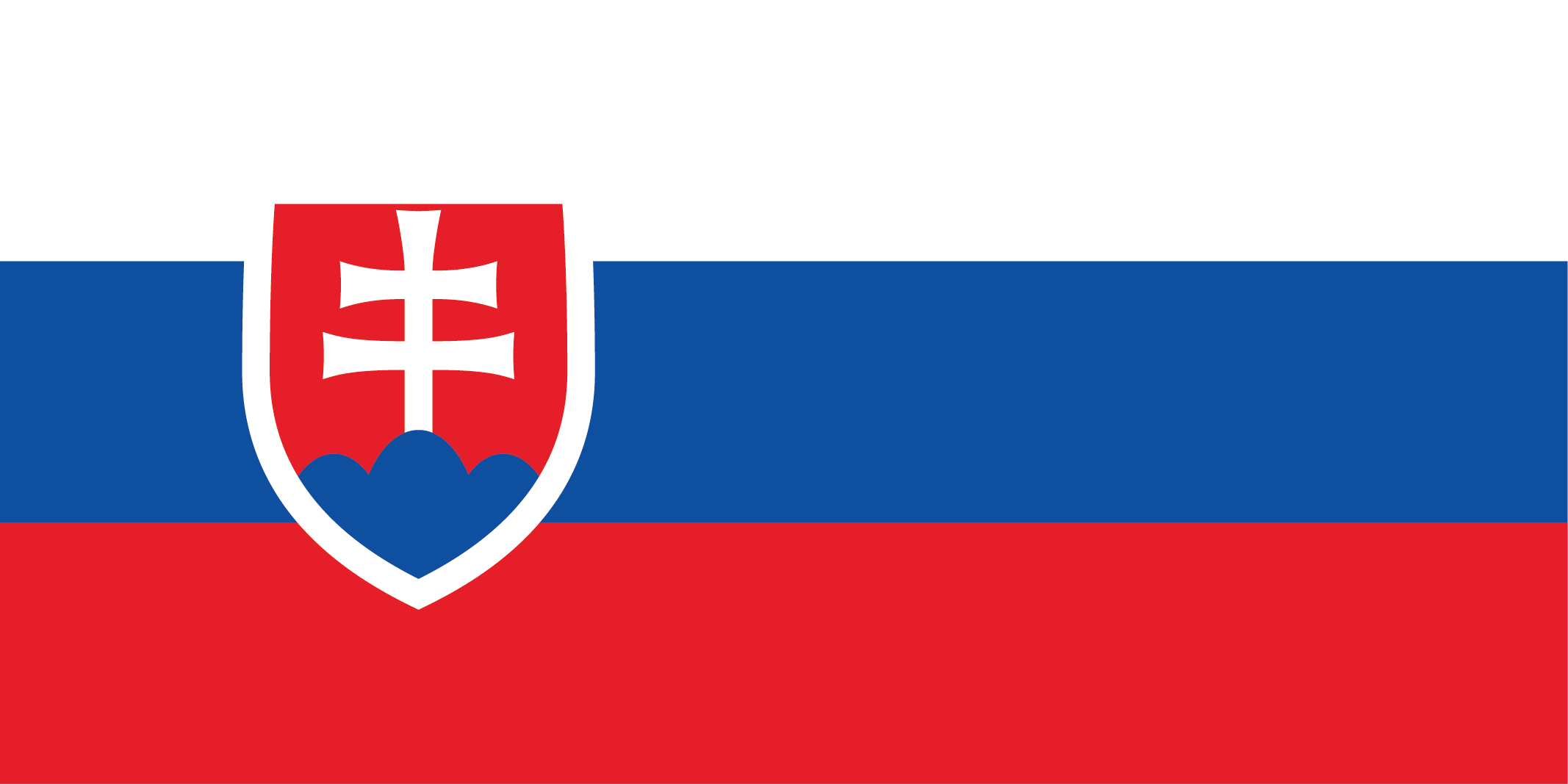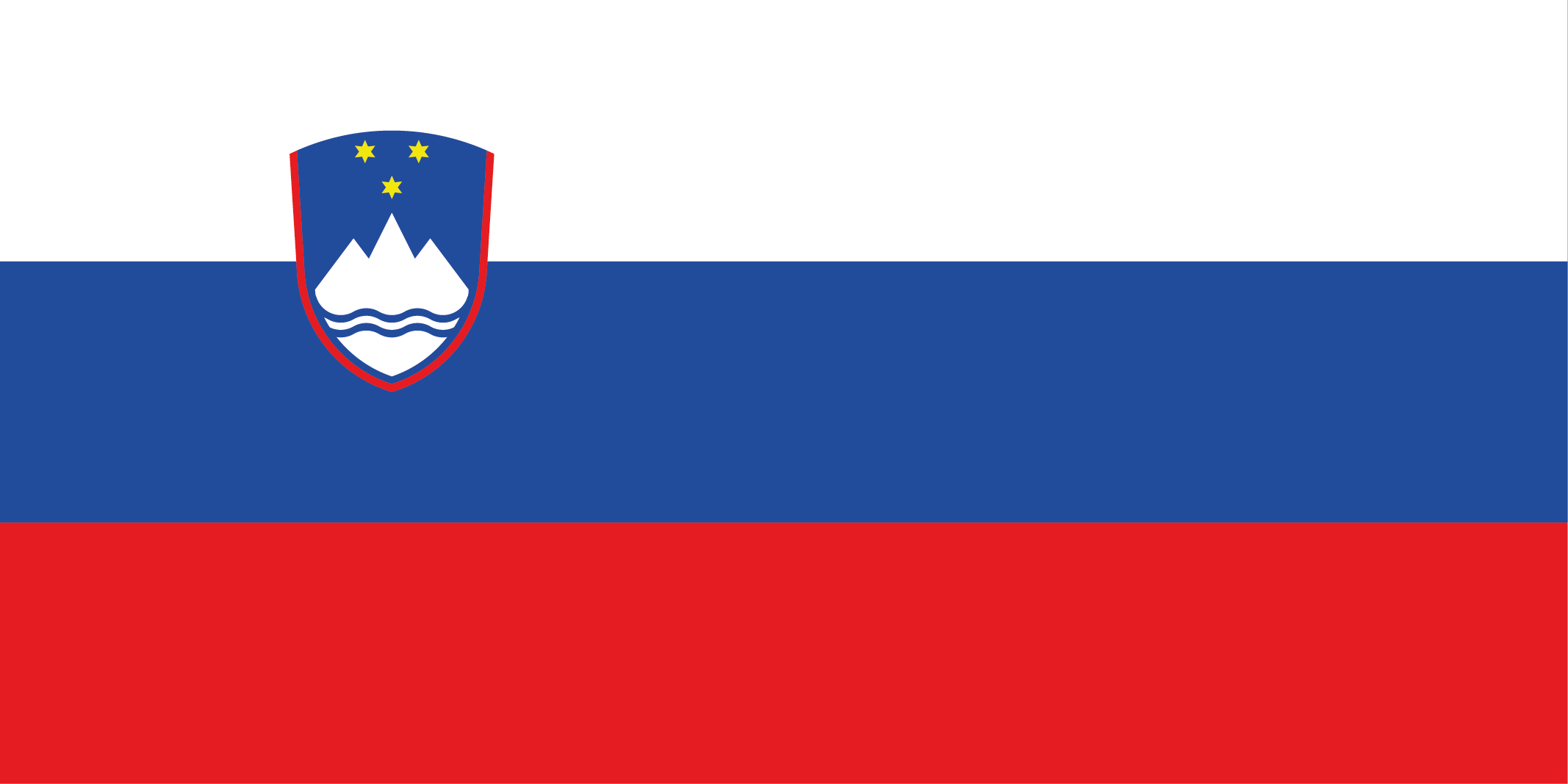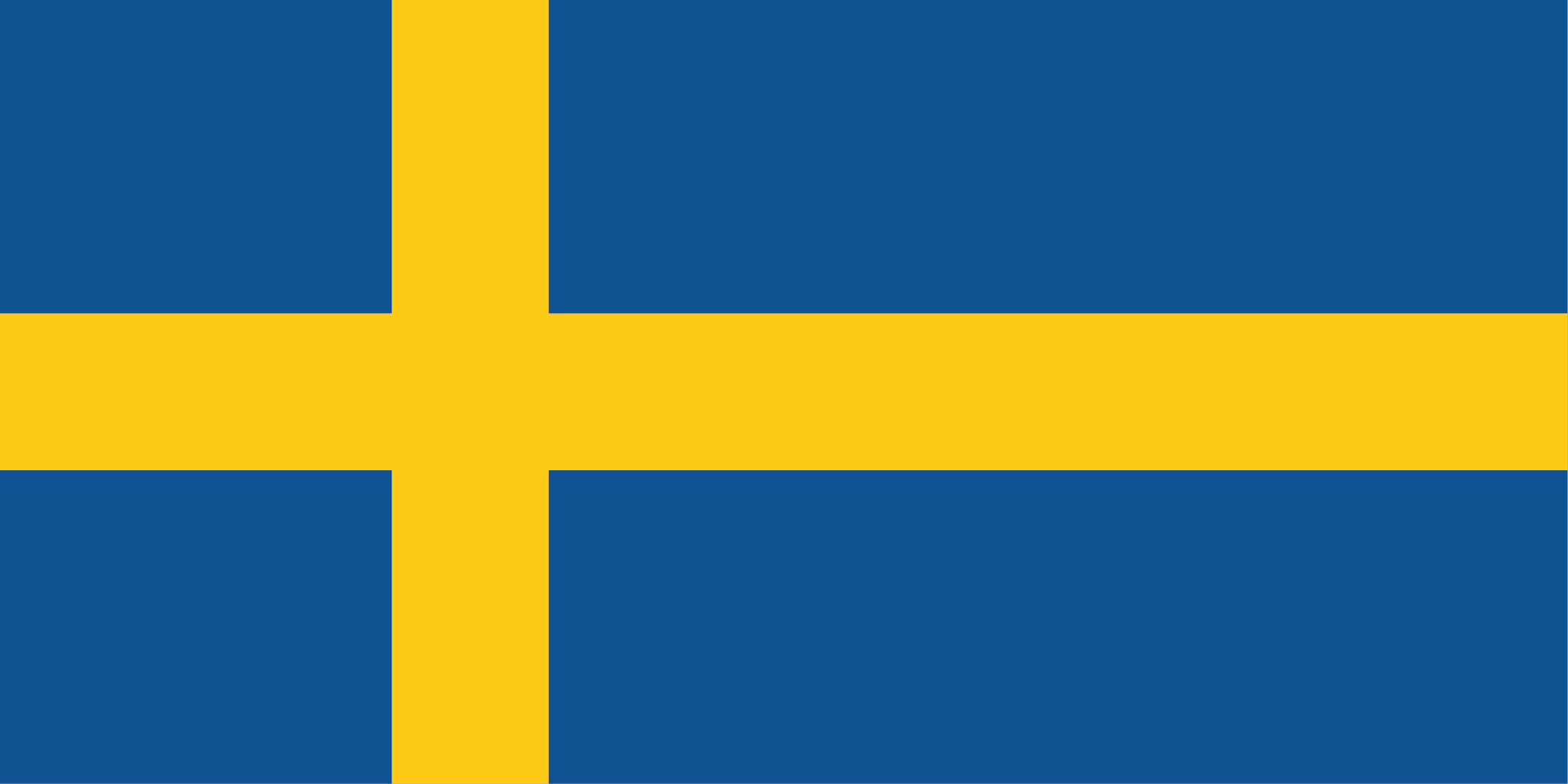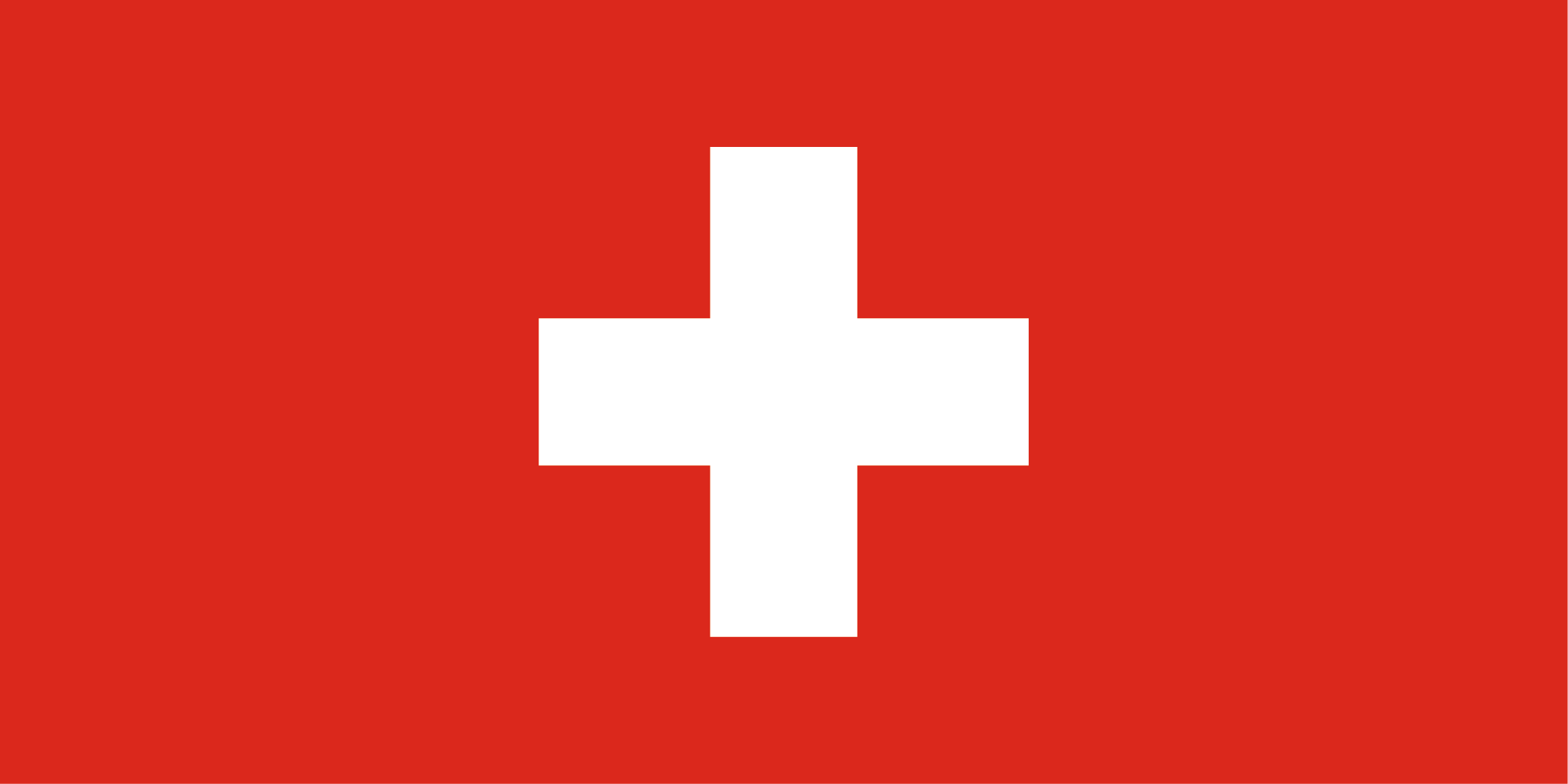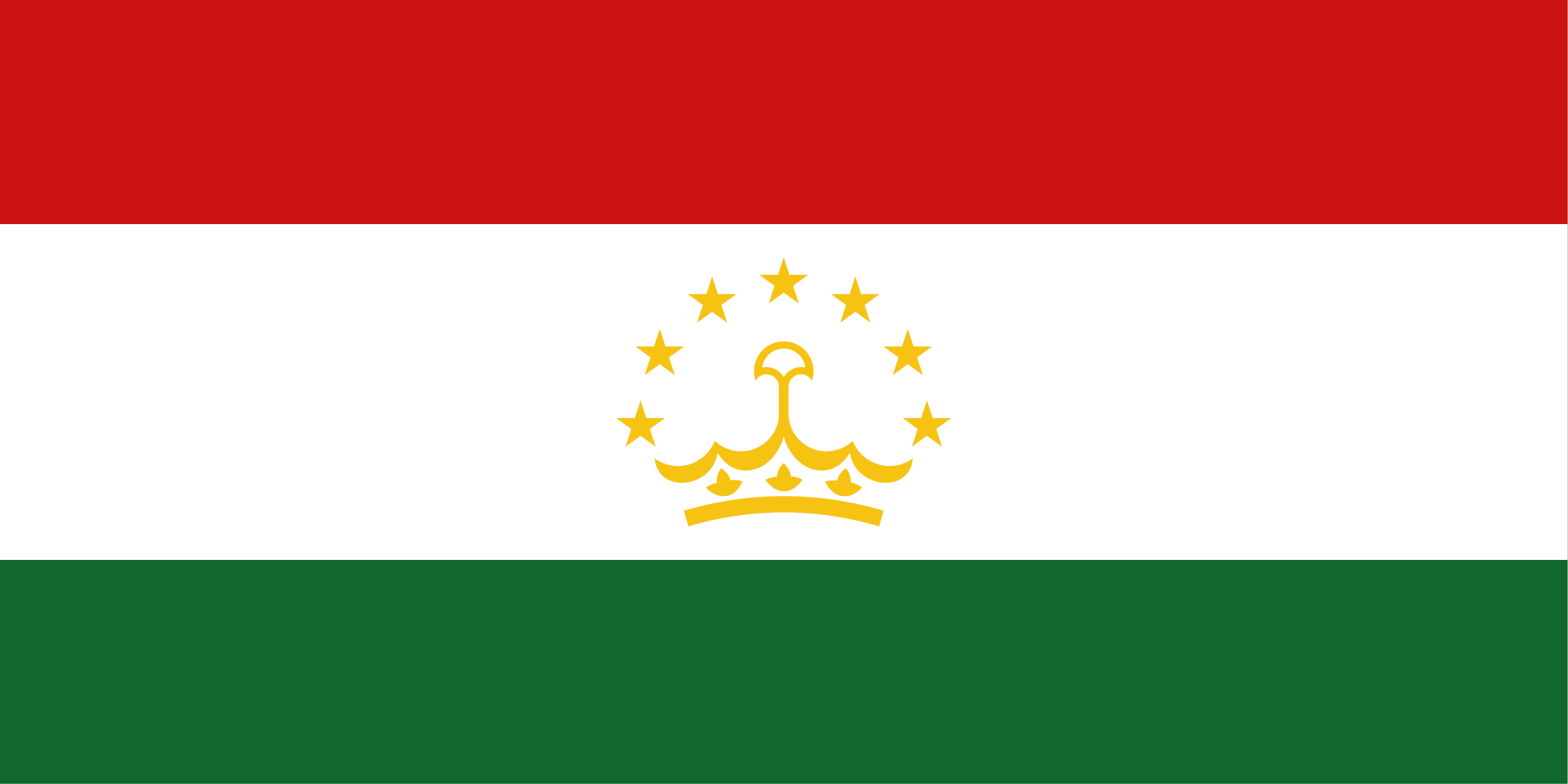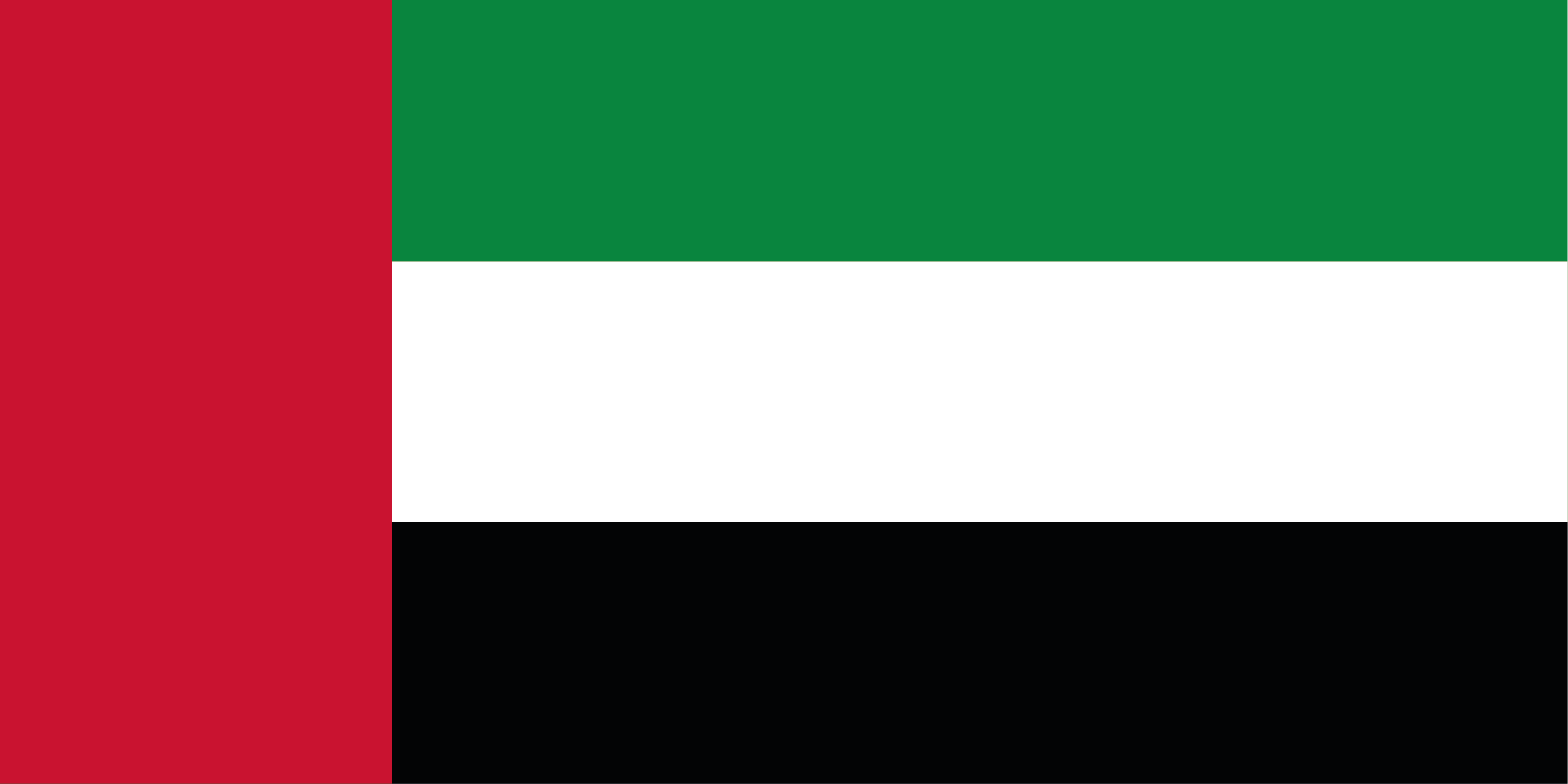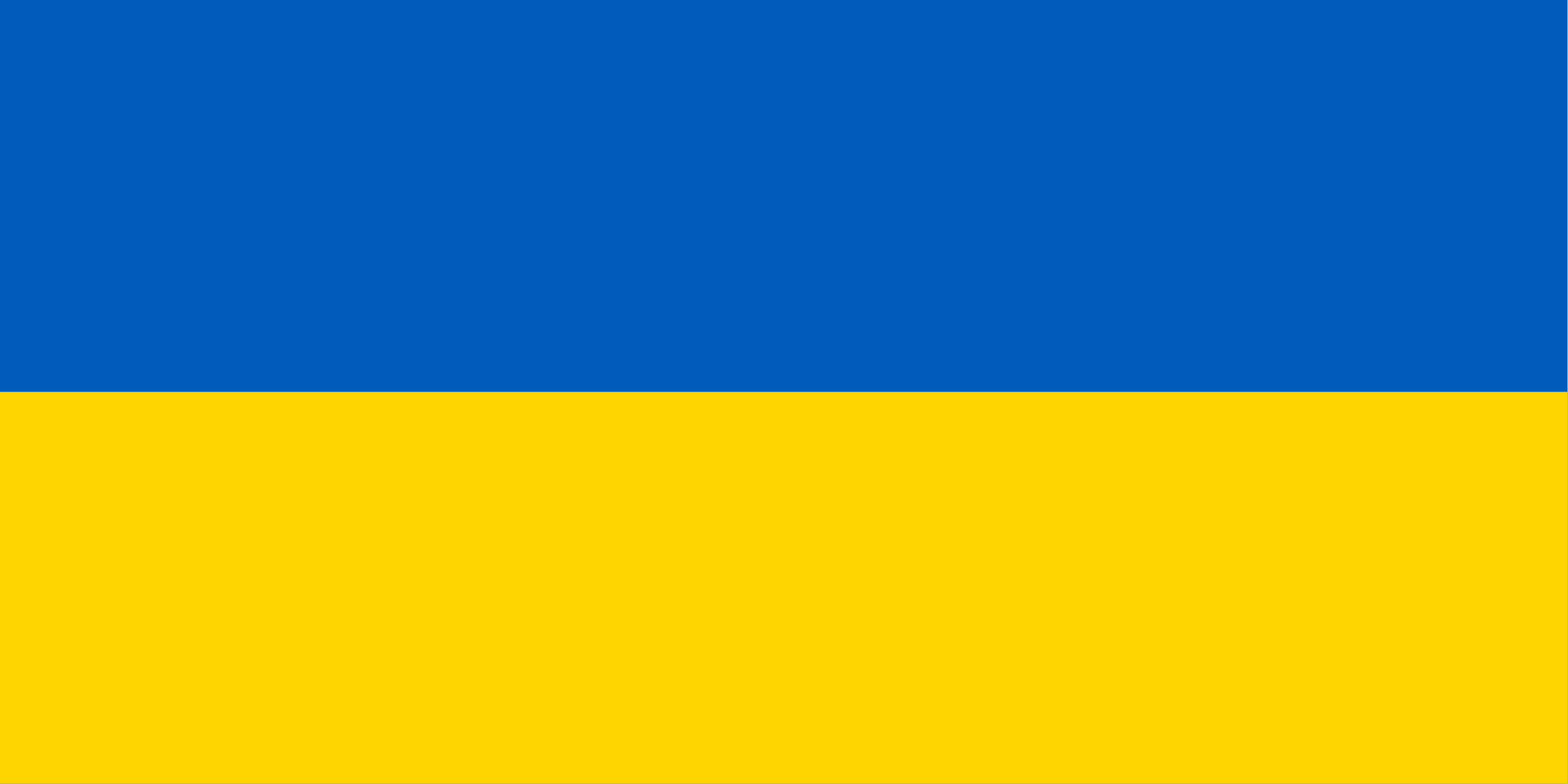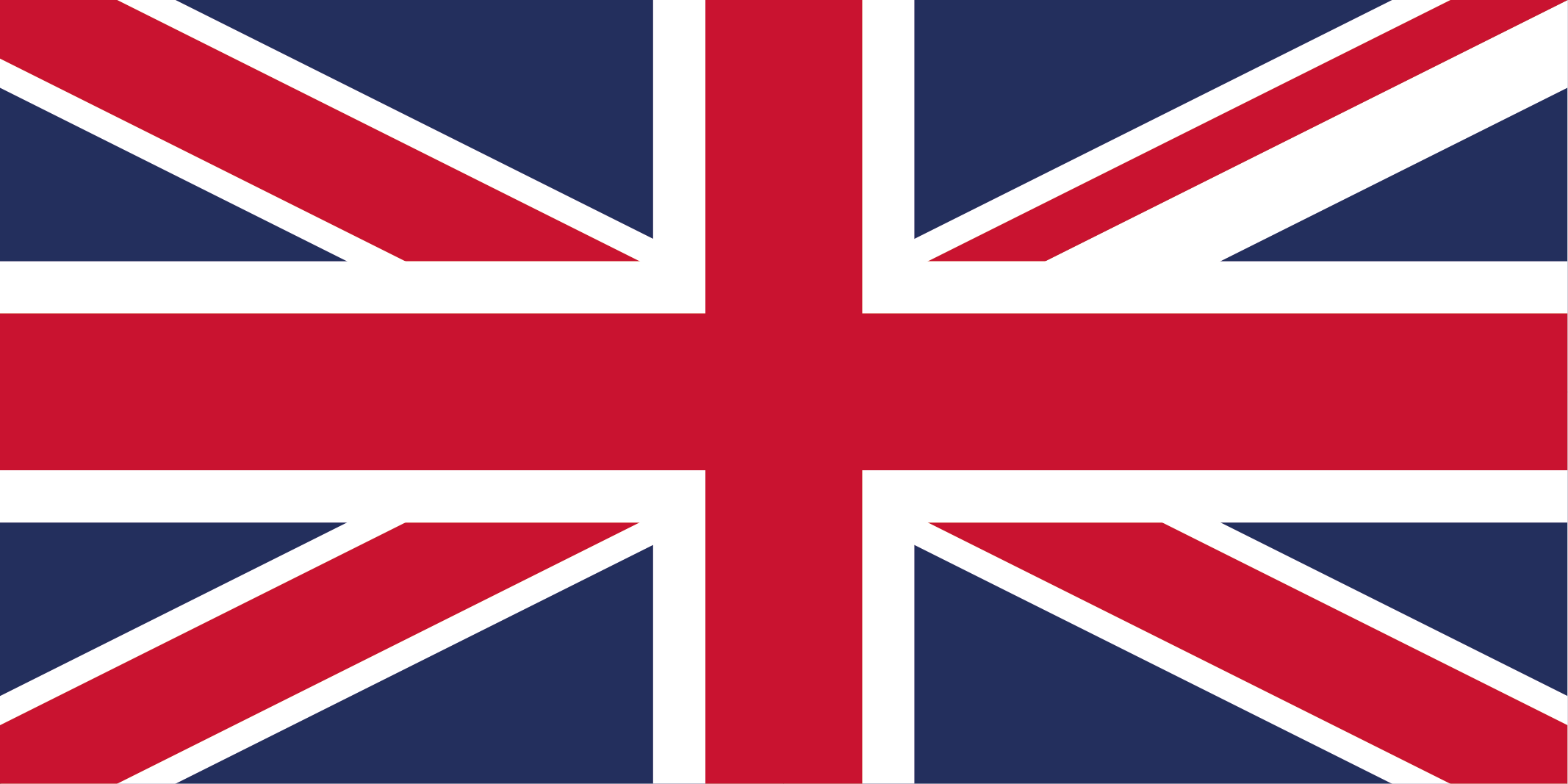Transportation of the Deceased from Sweden
Organization of Transportation After Death Abroad
Death abroad is a tremendous trial for the family, especially when it is necessary to transport the body of the deceased to their home country. The first challenge is finding a reliable service capable of organizing the transportation of the deceased from Sweden without delays and misunderstandings. At this stage, clear actions are important: document preparation, coordination of details, and body preparation for shipment. Without the support of experienced specialists, it is extremely difficult to cope with this on your own – each step must be precise and comply with international requirements.
Why You Can't Manage on Your Own
It is practically impossible to independently handle the transportation of the body or ashes. Laws require that transportation of the deceased be carried out according to international repatriation rules. Only licensed companies have access to the necessary resources and contacts for successfully navigating the entire procedure. Additionally, hermetically sealed packaging of the coffin with a zinc insert or a special urn, as well as confirmation of embalming the body, is mandatory.
What Documents Will Be Needed
At the first stage, a specific set of documents must be collected. This includes: death certificate, certificate of cause of death, confirmation of sanitary safety, documents for embalming, and permits for international transportation. Each must be notarized and translated. It is also essential to ensure that apostilles are affixed to key documents to avoid misunderstandings at the border.
Stages of Transportation of the Body or Ashes
Information Gathering and Documentation
Initially, information about the deceased's identity and location must be provided. After that, an estimate is prepared, powers of attorney are drawn up, and document preparation begins. All actions are managed by the appointed curator, who oversees the transport process from start to the handover of the body to relatives.
Preparing the Body for Transportation
At this stage, embalming is performed, a coffin with a zinc insert or an urn is selected, and packaging is done according to regulations. Next, the shipping date is set, documentation for crossing the border is prepared, and transportation begins.
How Transportation is Carried Out
There are several methods for delivering the body or ashes. The most common is ground transportation, which helps reduce costs. In emergency cases, air transportation is used. Combined routes are also possible, where the body is first delivered by car and then by plane. The choice depends on the distance to the airport and other factors.
Transportation of the Ashes in an Urn
If the decision for cremation has been made, the ashes can be transported in a specialized urn. This simplifies formalities: embalming is not required, there is a reduction in documentation, and the process is expedited. Nevertheless, transportation of ashes is also subject to sanitary and customs regulations, hence the need for professional support.
Farewell Before Body Shipment
In many cases, relatives wish to say goodbye to the deceased before the transportation begins. In Sweden, this opportunity is provided. Farewell ceremonies are organized in morgues or special halls. The organization of these events is resolved individually, taking into account local norms and the family's wishes.
Timelines and Features
The duration of repatriation depends on various circumstances: readiness of documents, logistics, distance from major cities and airports. Generally, transportation of the deceased takes from several days to a week. Sometimes the procedure is prolonged due to the need for additional approvals from medical or judicial institutions.
What Affects the Cost of Transportation
The final cost of the service is formed individually. Influencing factors include: the type of coffin or urn, method of transportation, distance to the destination, and a list of additional options. Costs may also include storage of the body, insurance arrangements, translation of documents, and interaction with consulates.
Additional Services
In addition to body transportation, the company offers a full range of funeral services: from certificate translation to organizing funerals. Support is provided at all stages, including delivery of the cargo to the destination. Relatives receive personal assistance and consultations 24/7.
Why Trust Us
Clients choose experienced specialists because we ensure legality and promptness. Each step of transporting the deceased is carried out according to international standards. The curator accompanies the family from the first call until the completion of the process, guaranteeing that the memory of the deceased will be respected.
How to Order a Service
To start, just send a request or call. We gather the necessary information, provide a list of required documents, calculate the cost, prepare a contract, and begin work. All actions are carried out remotely, which is convenient for relatives located in another country.
Frequently Asked Questions
- Can the body be transported without the personal presence of relatives? — Yes, this is allowed.
- What are the requirements for the coffin? — Hermetic, with a zinc insert.
- Are document translations required? — Yes, with notarization.
- How long does the documentation process take? — On average, from 2 to 5 days.
- Is it possible to get compensation? — If the deceased was insured – yes.
Conclusion
Organizing the transportation of the body or ashes is a complex, emotionally challenging task that requires legal accuracy and logistical expertise. Turning to specialists guarantees confidence that each step is performed with respect and professionalism. We are ready to provide all necessary assistance so that you can honor your loved one on their final journey.






